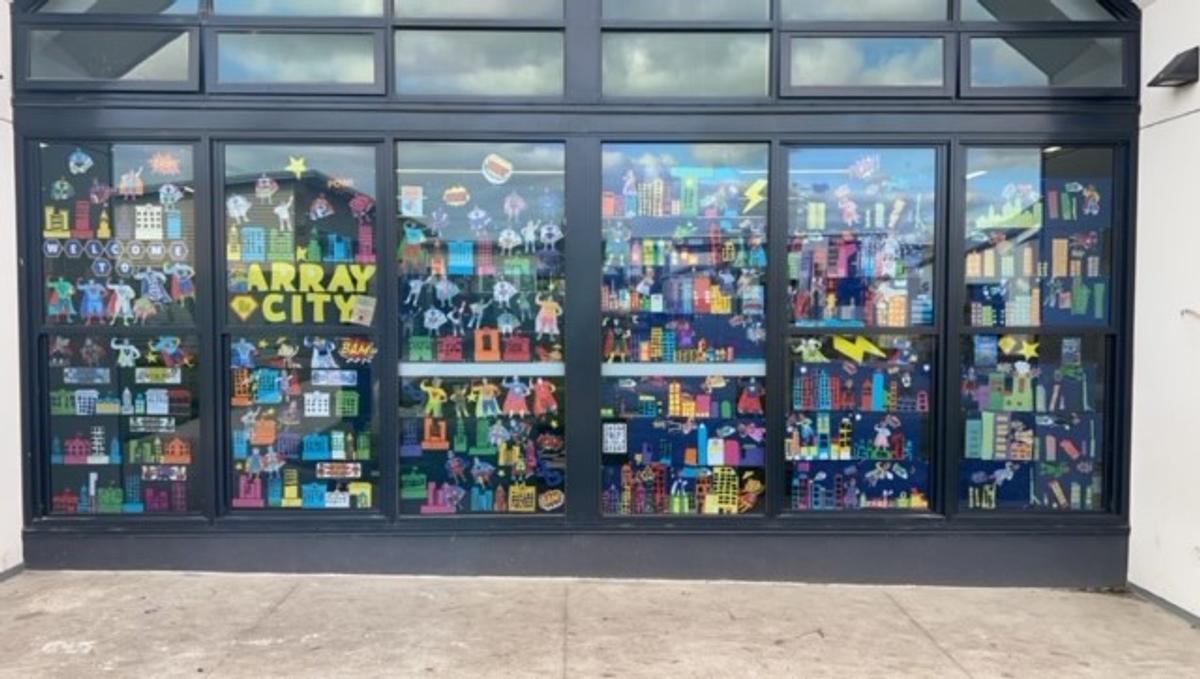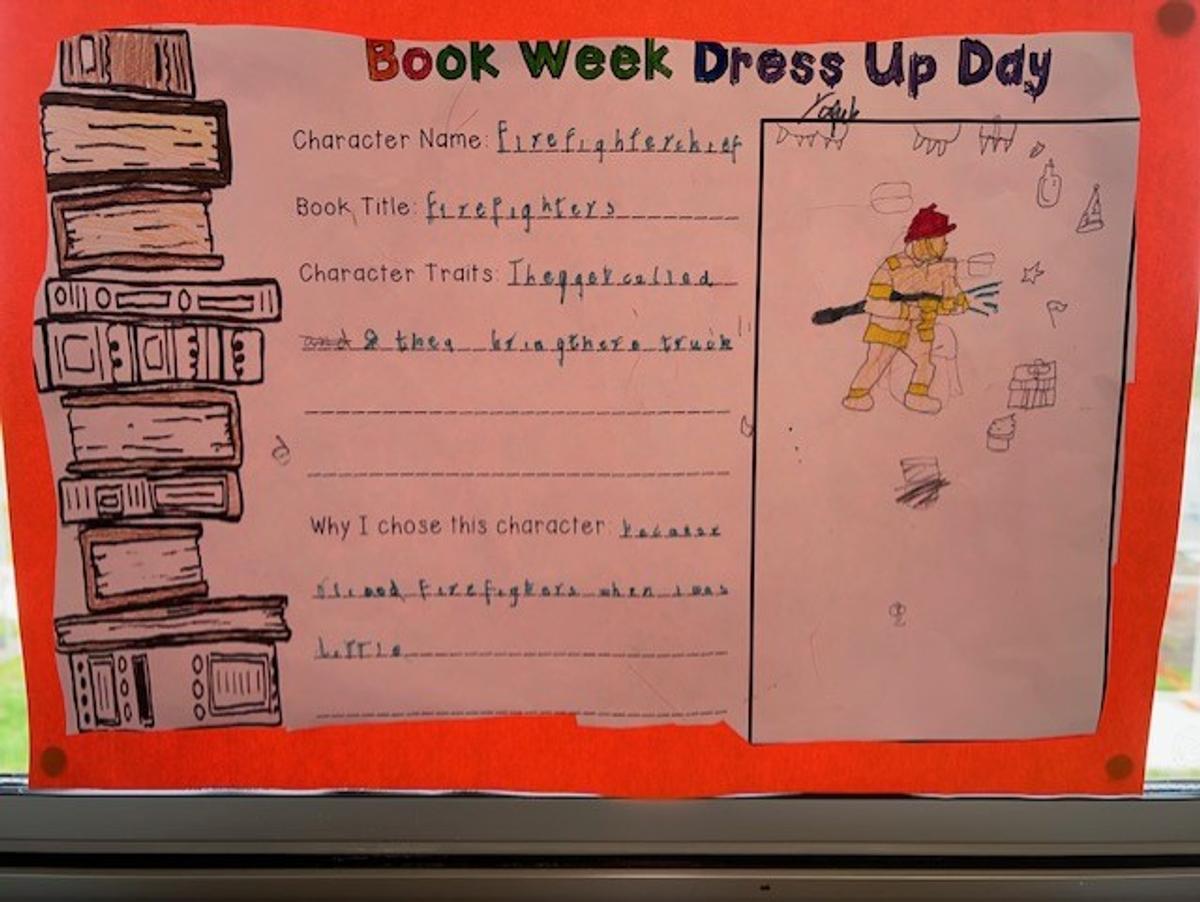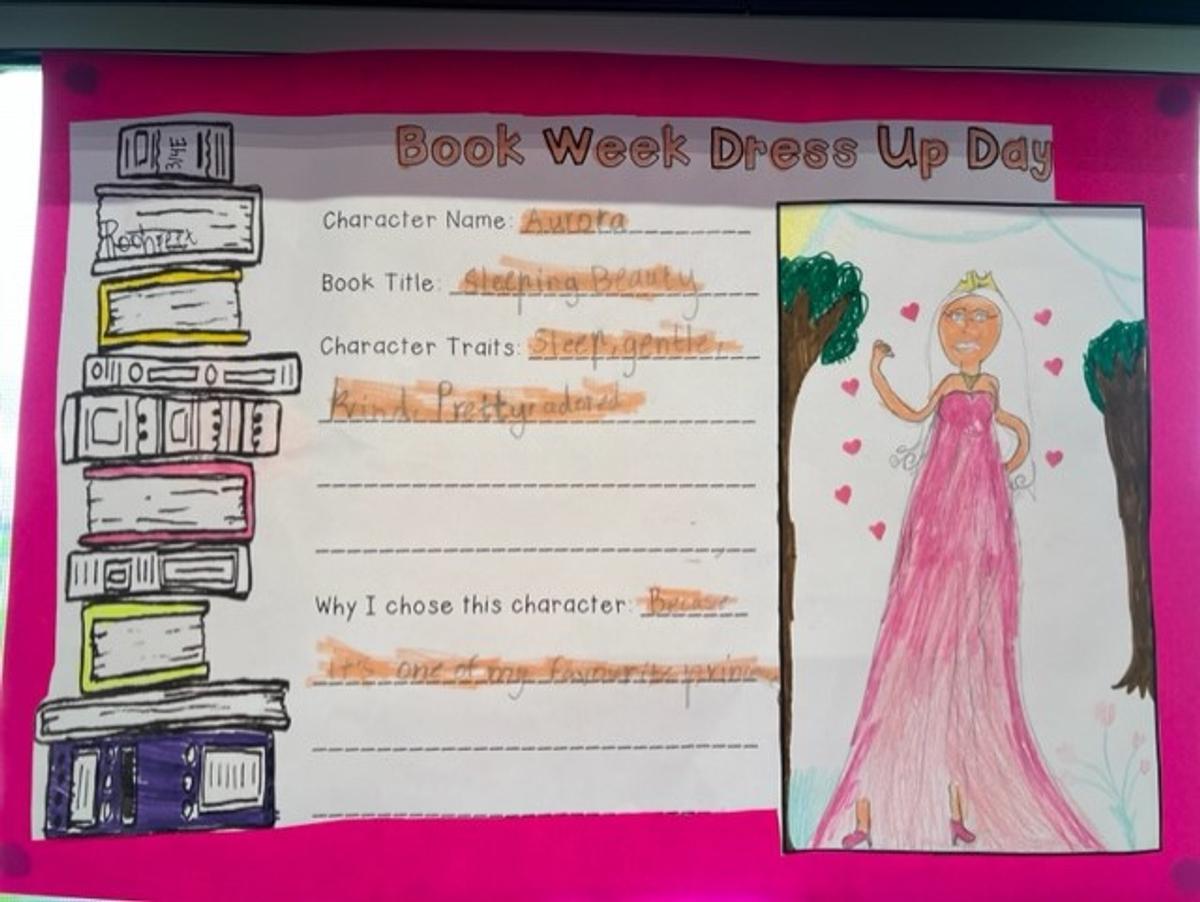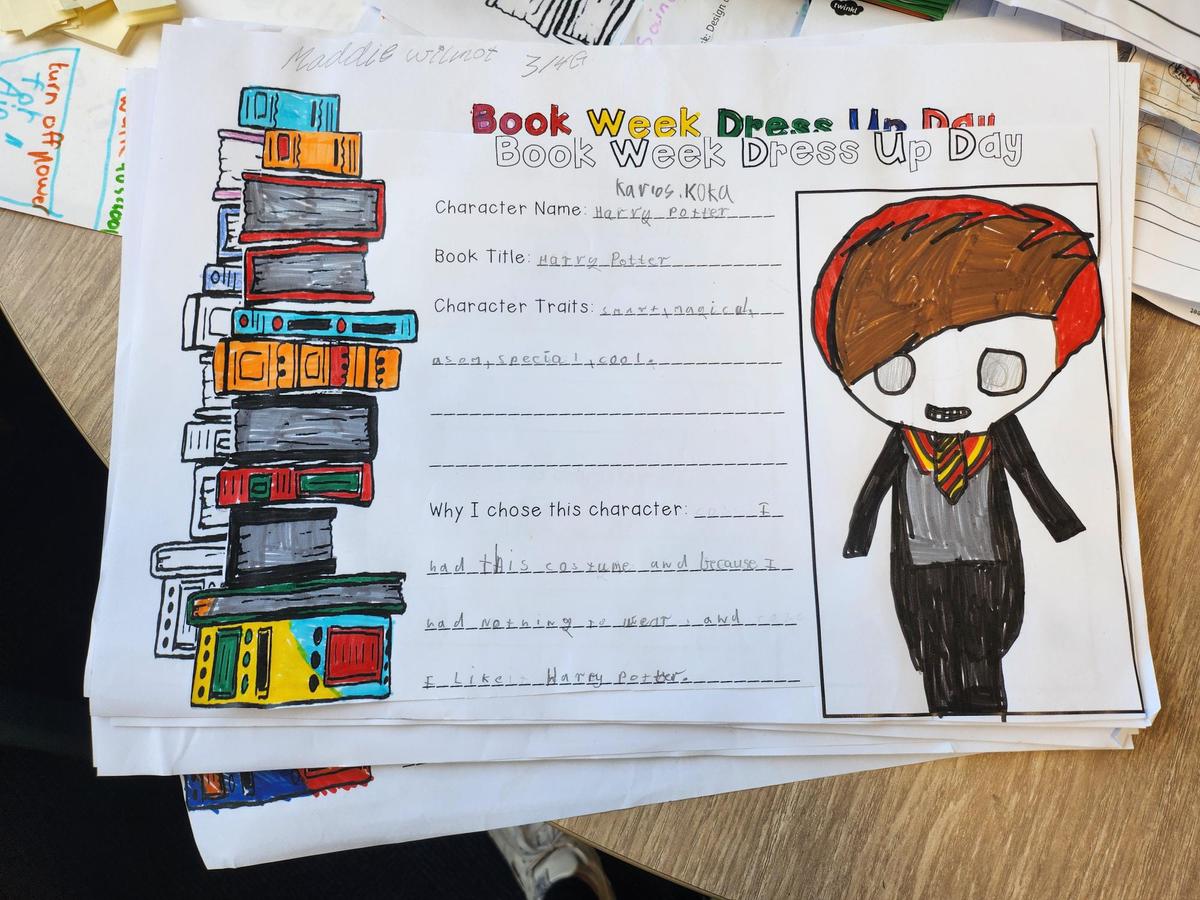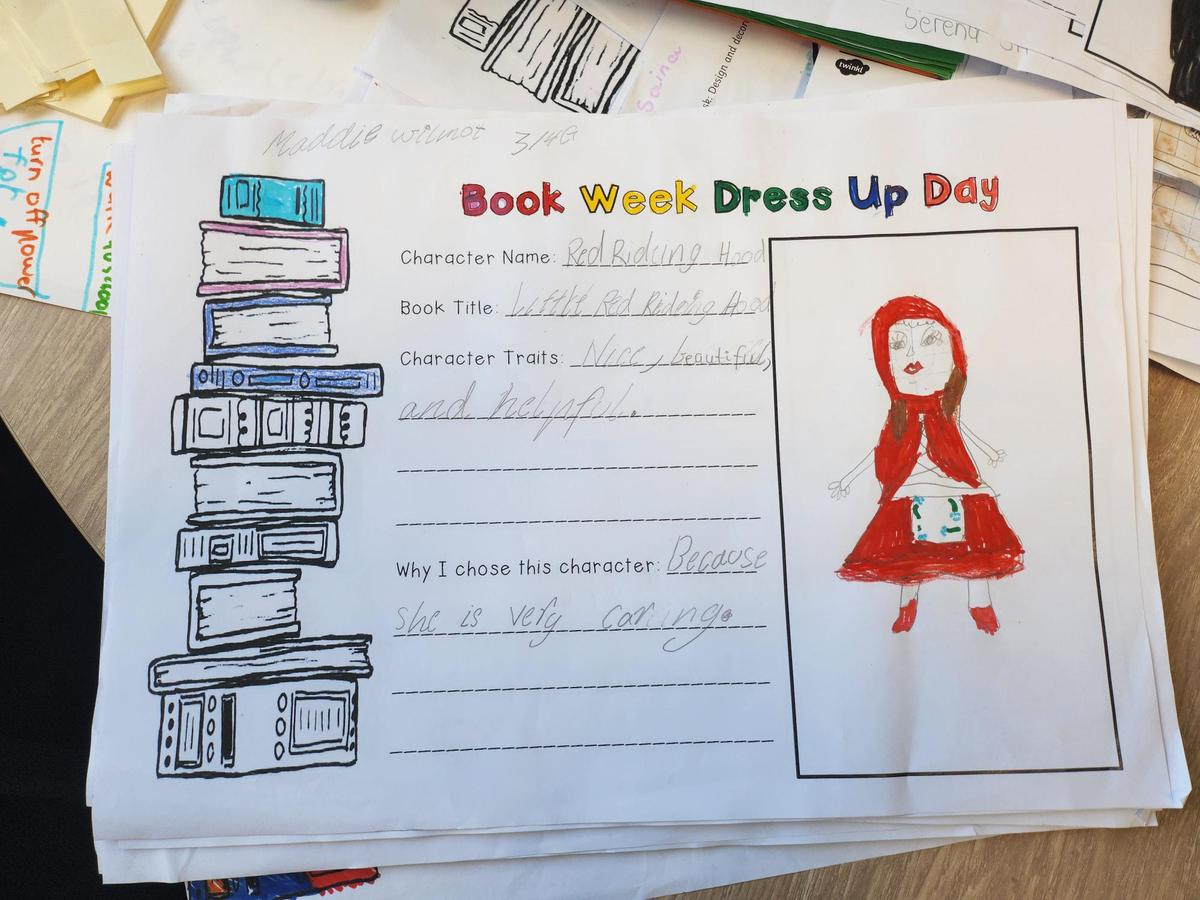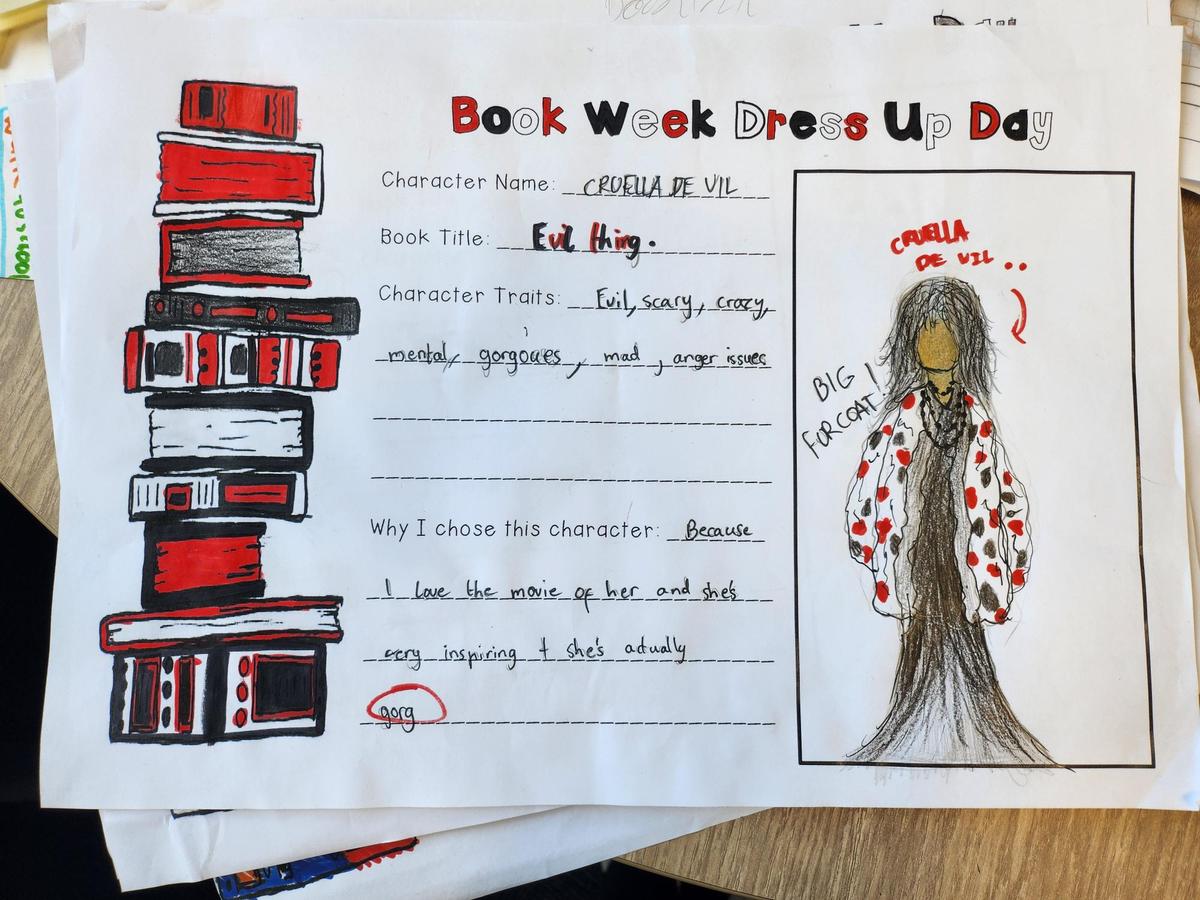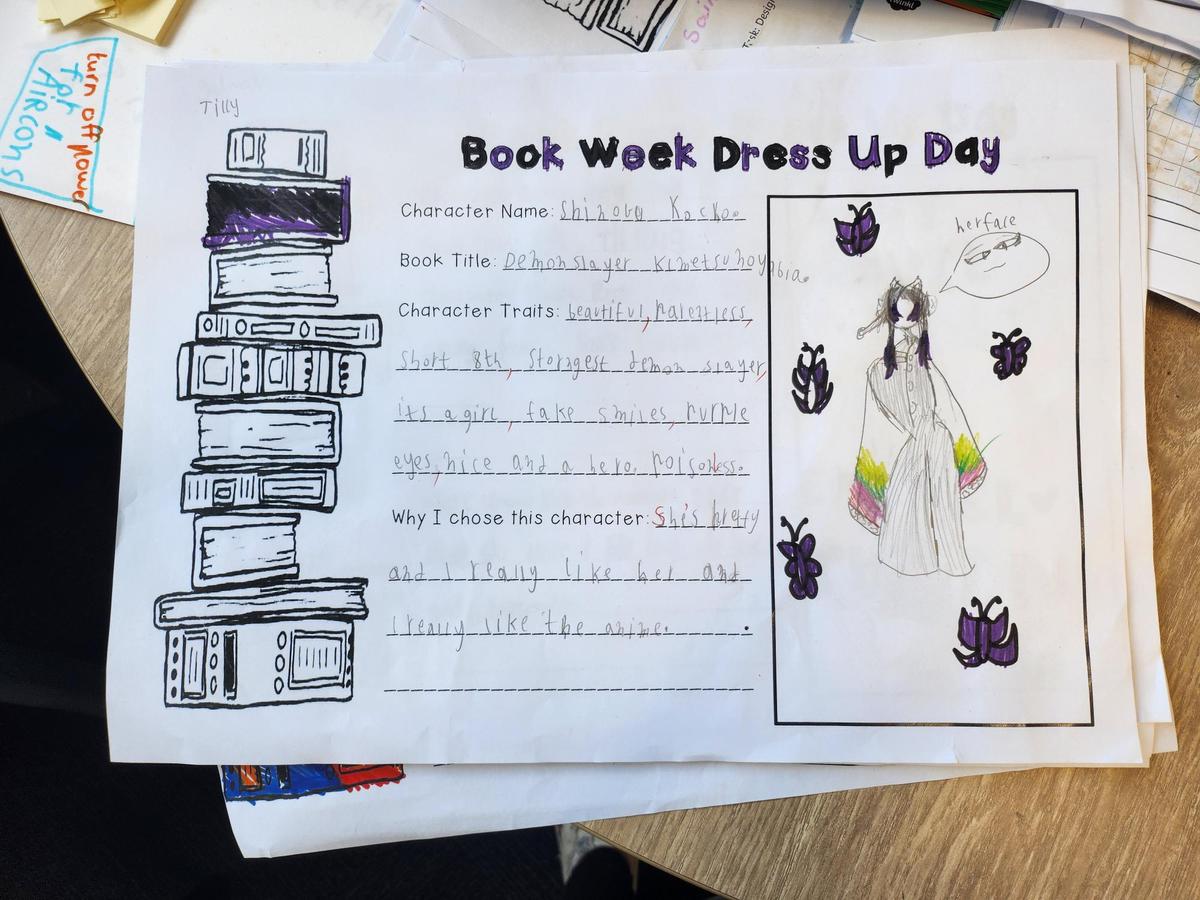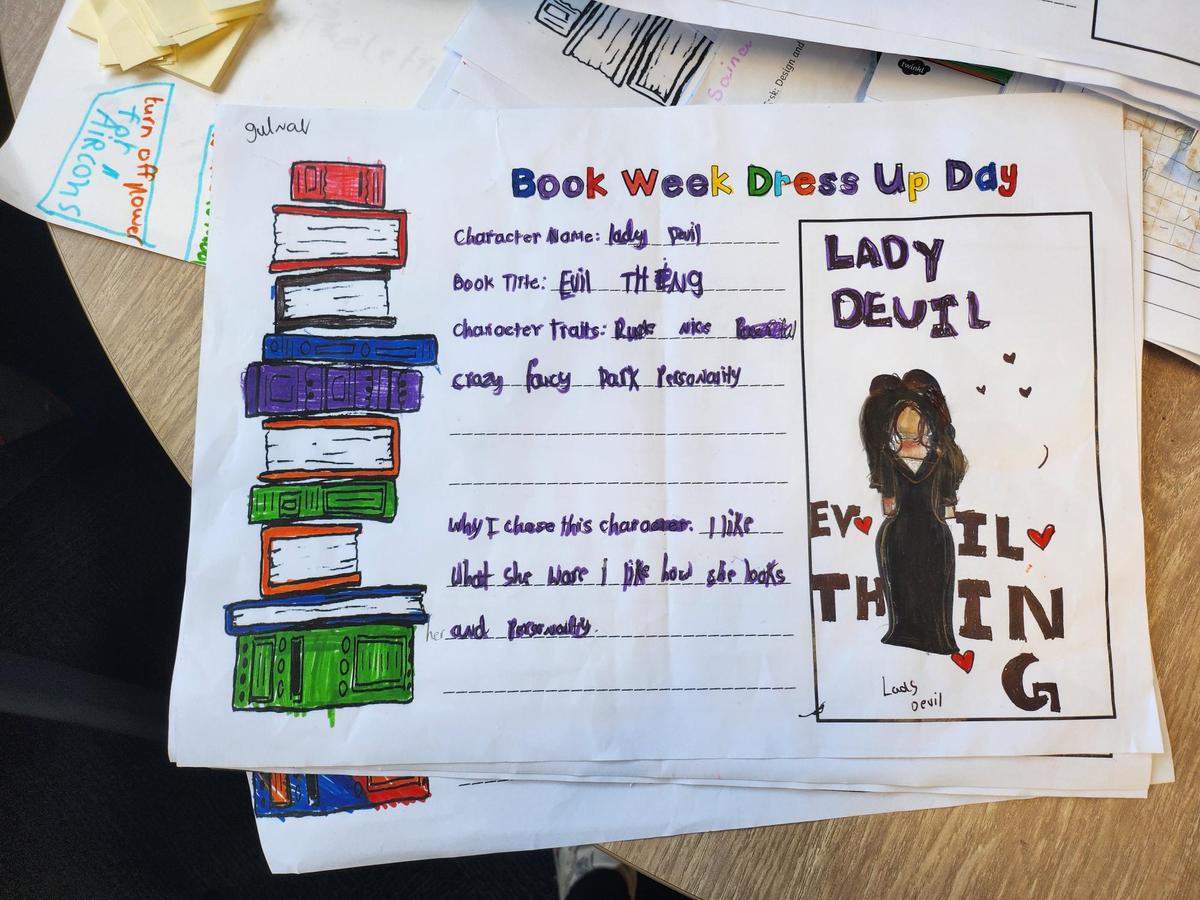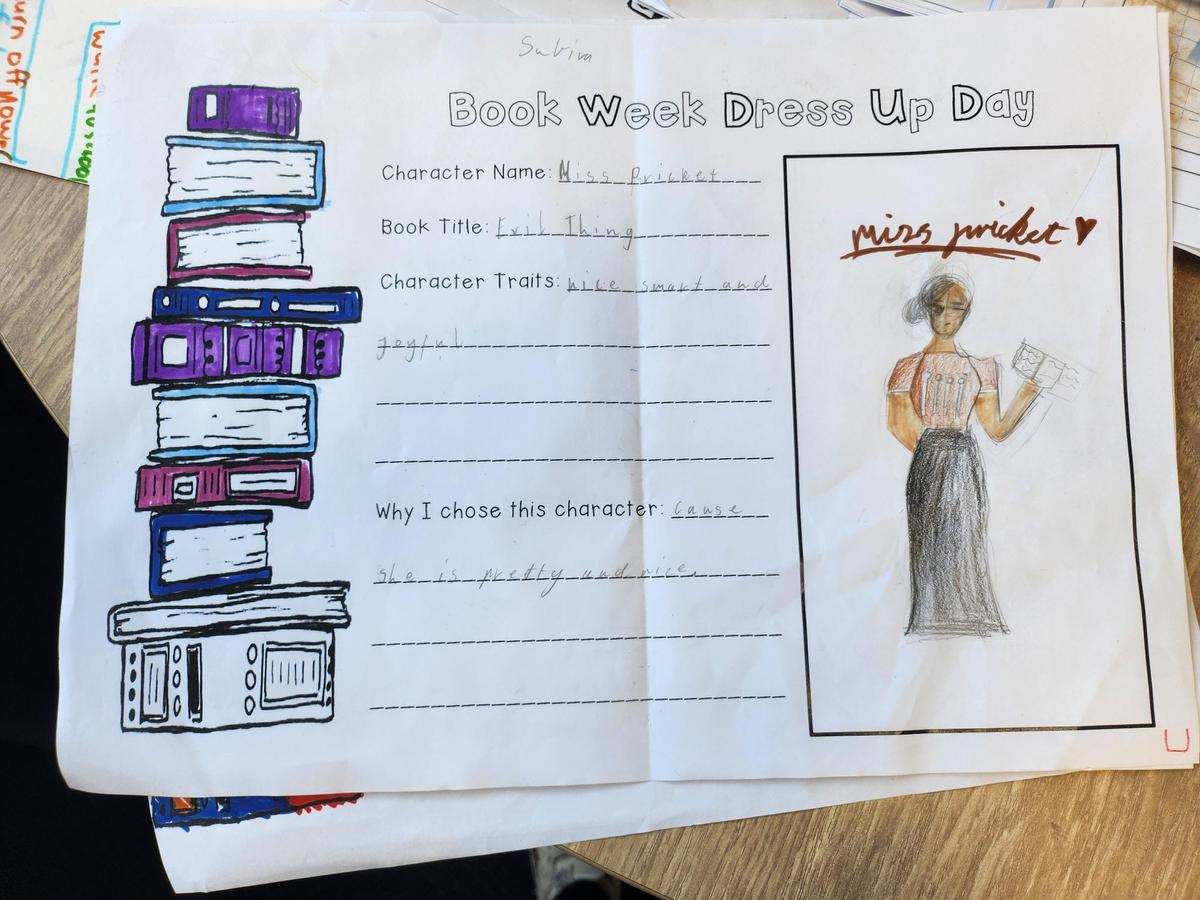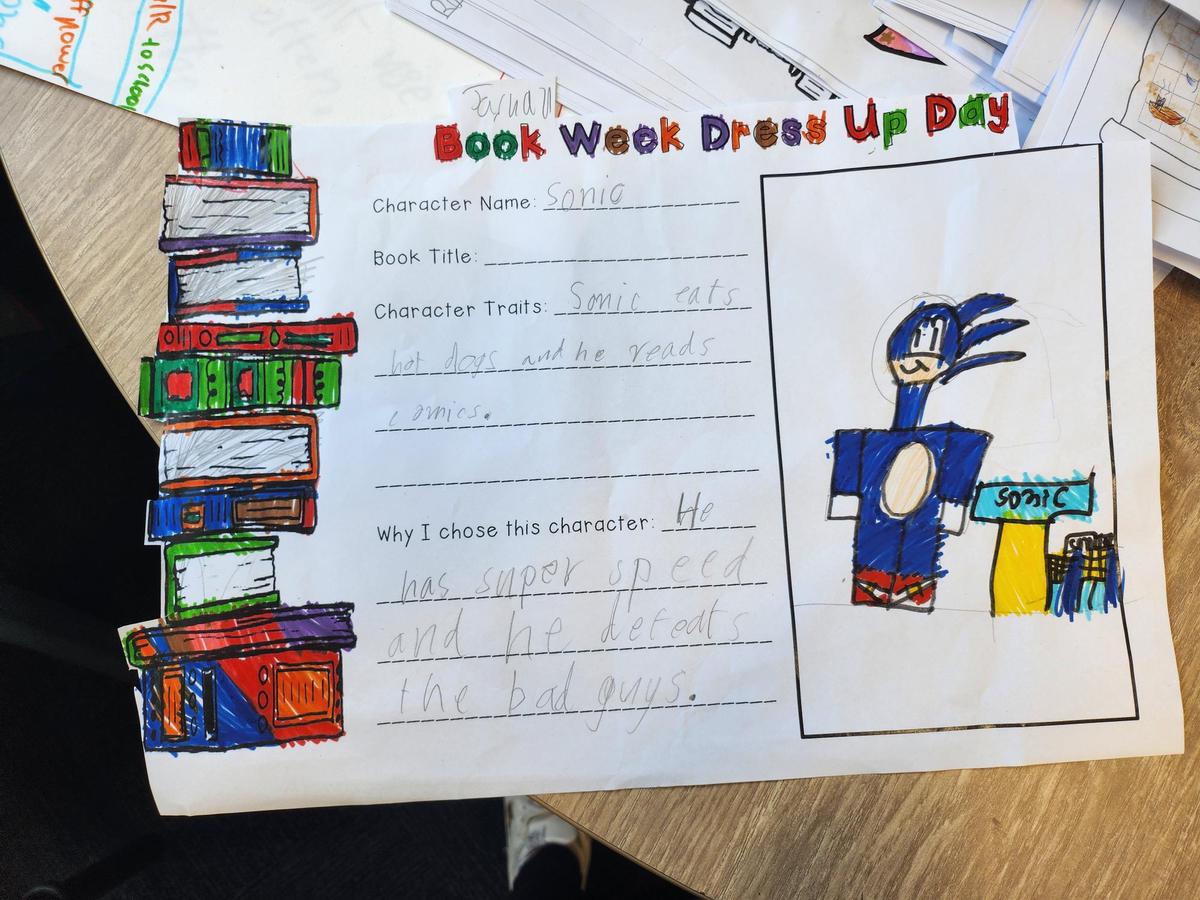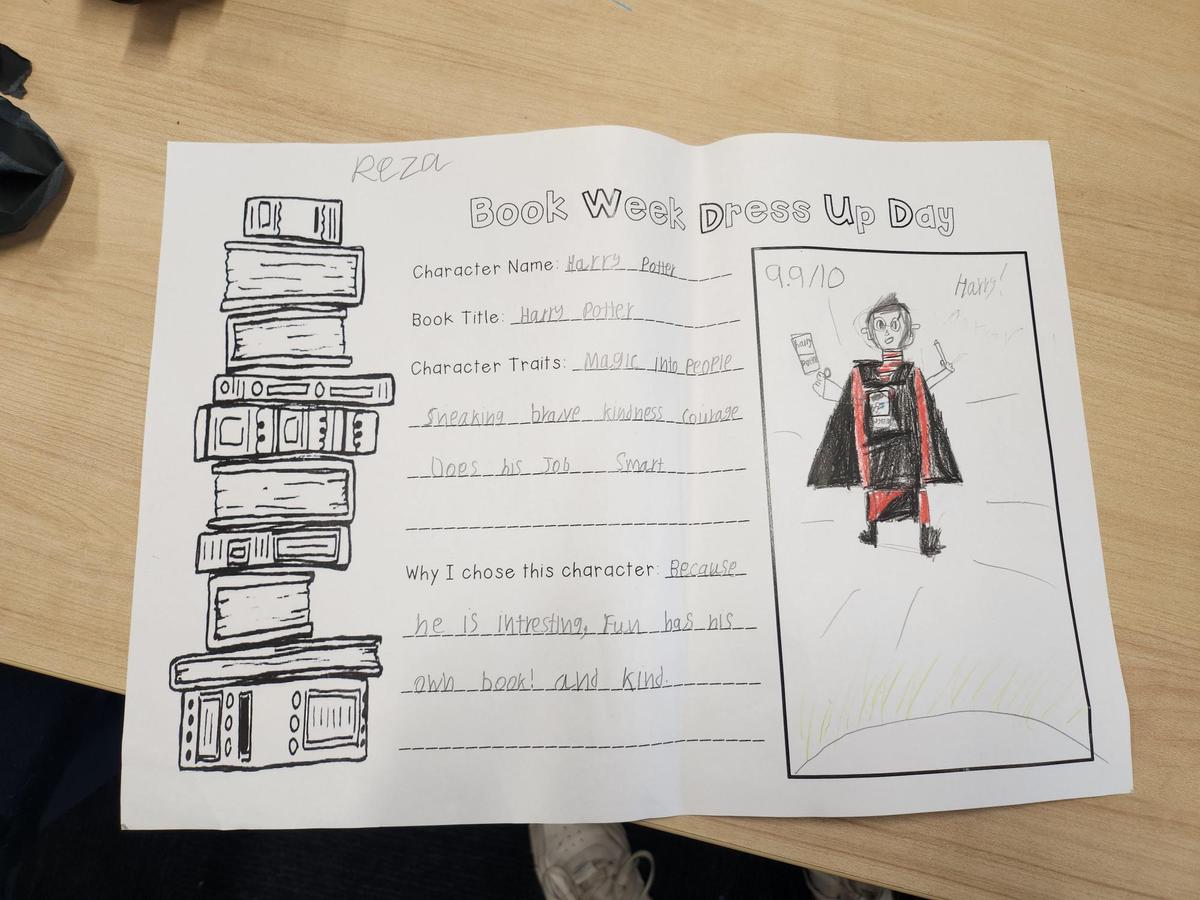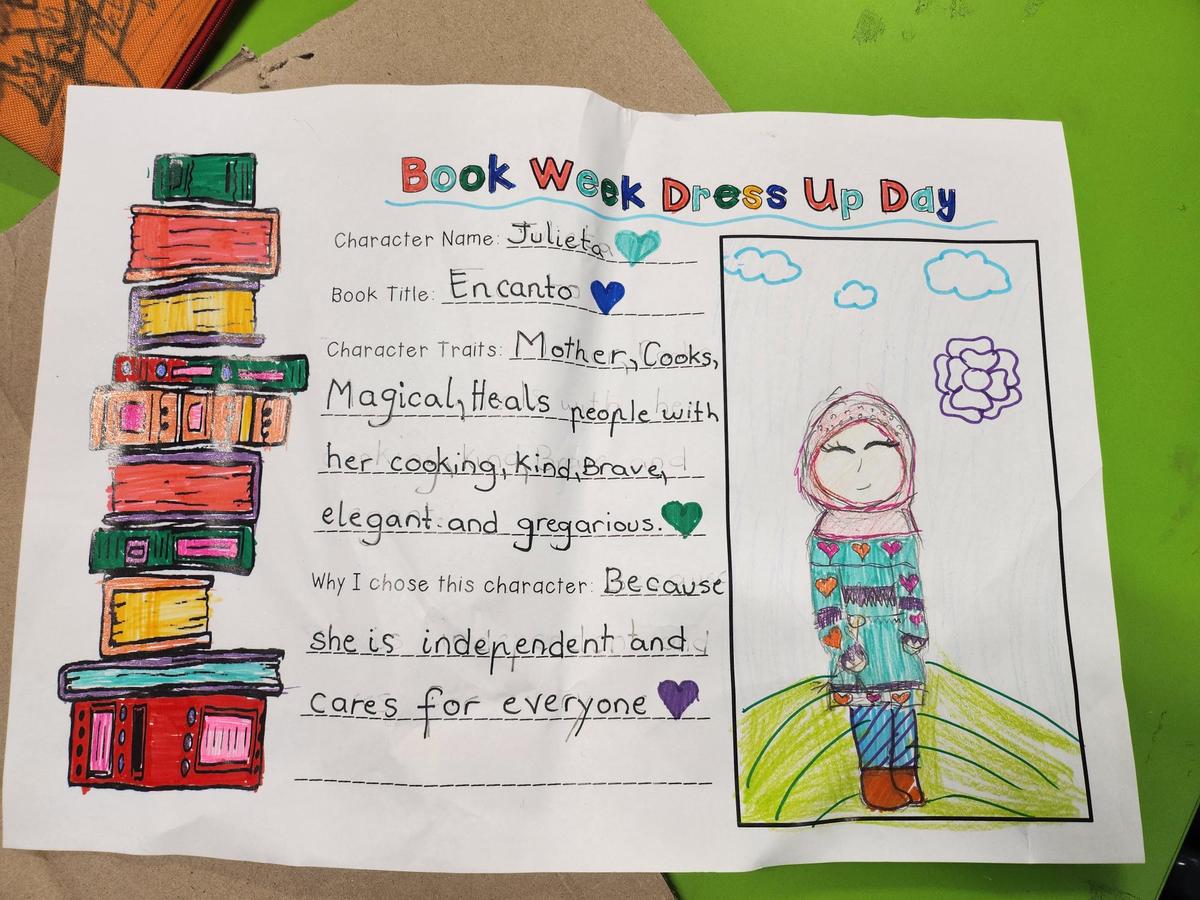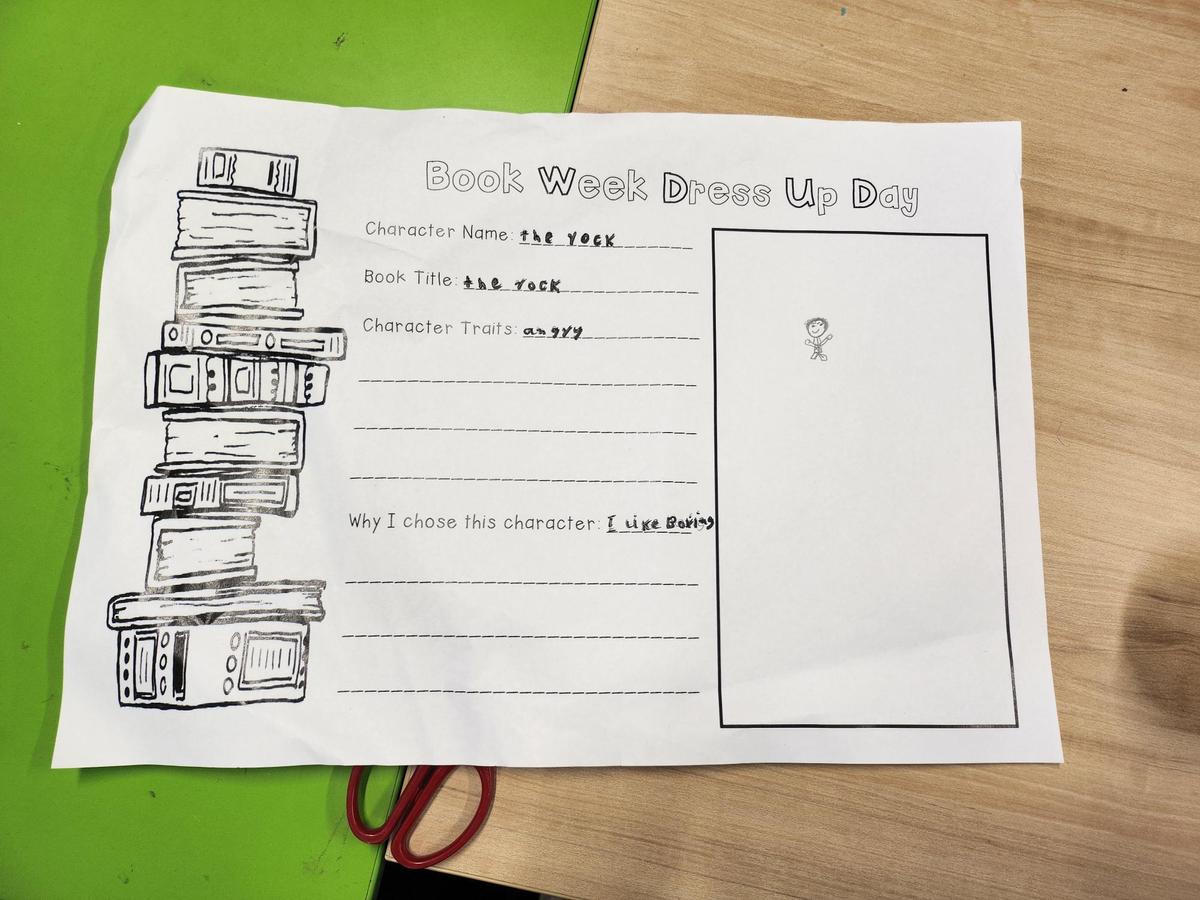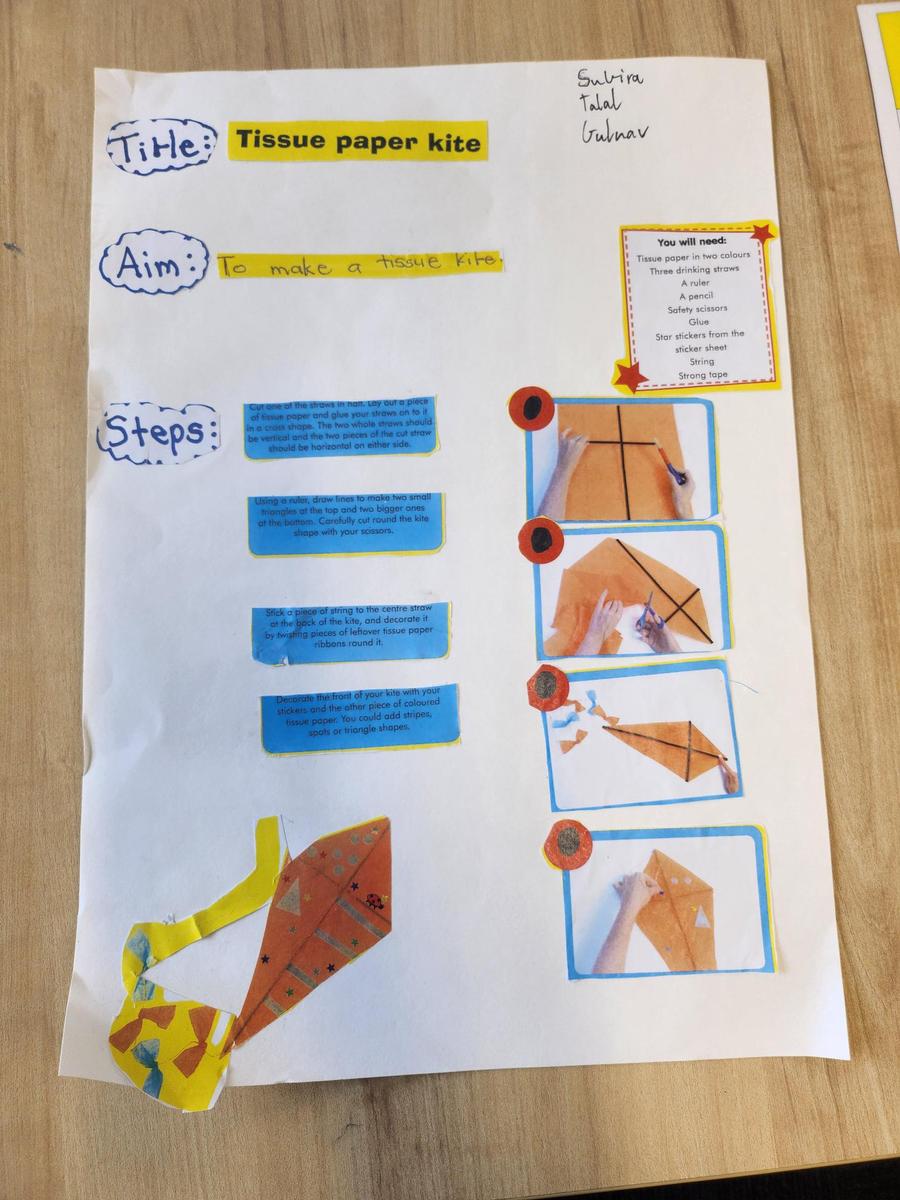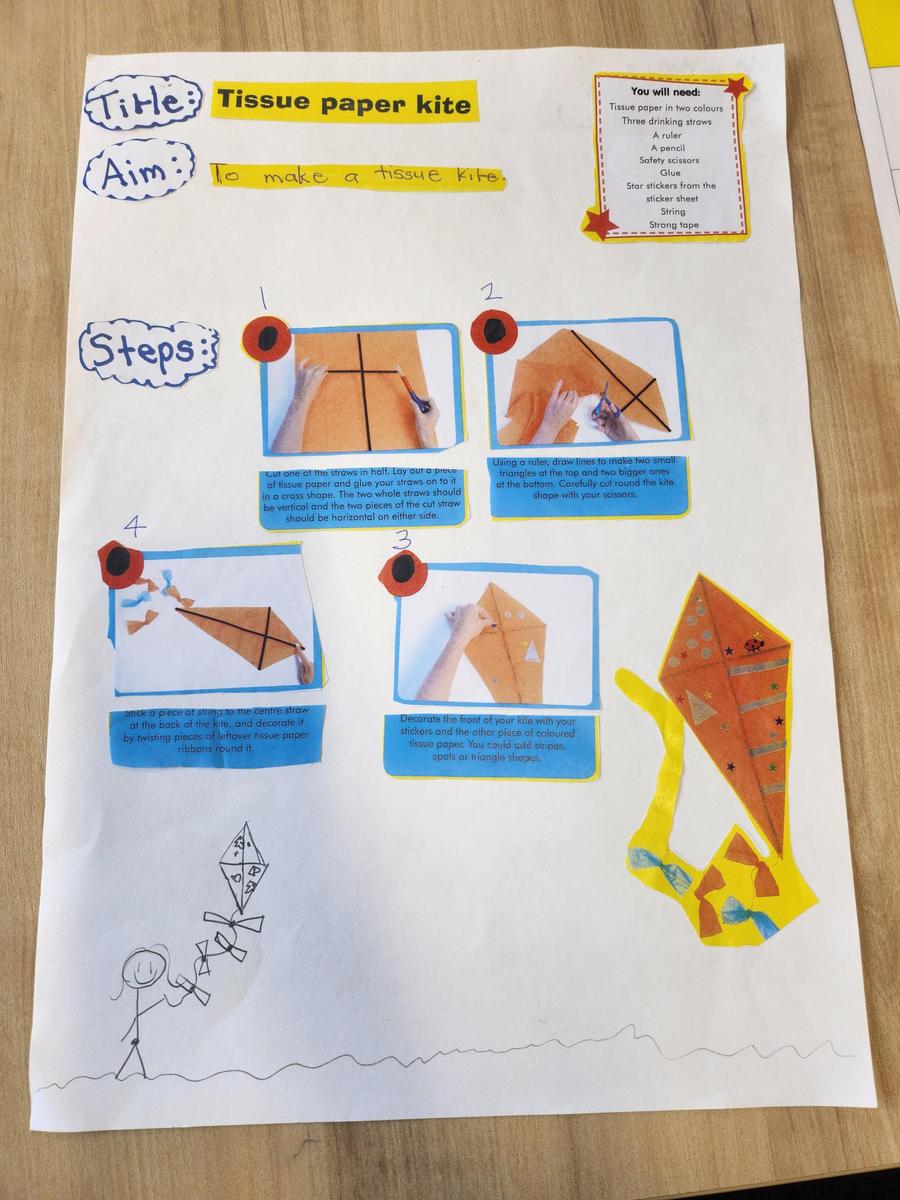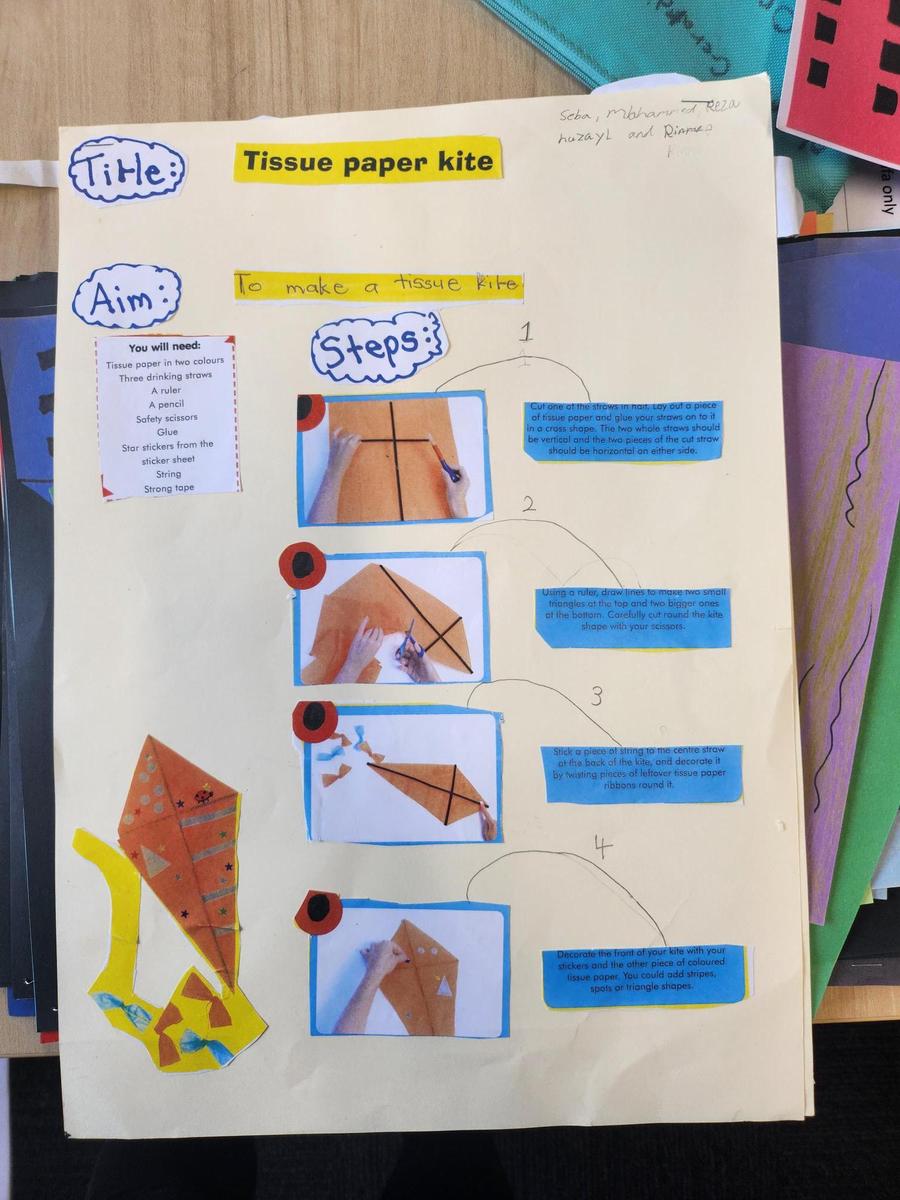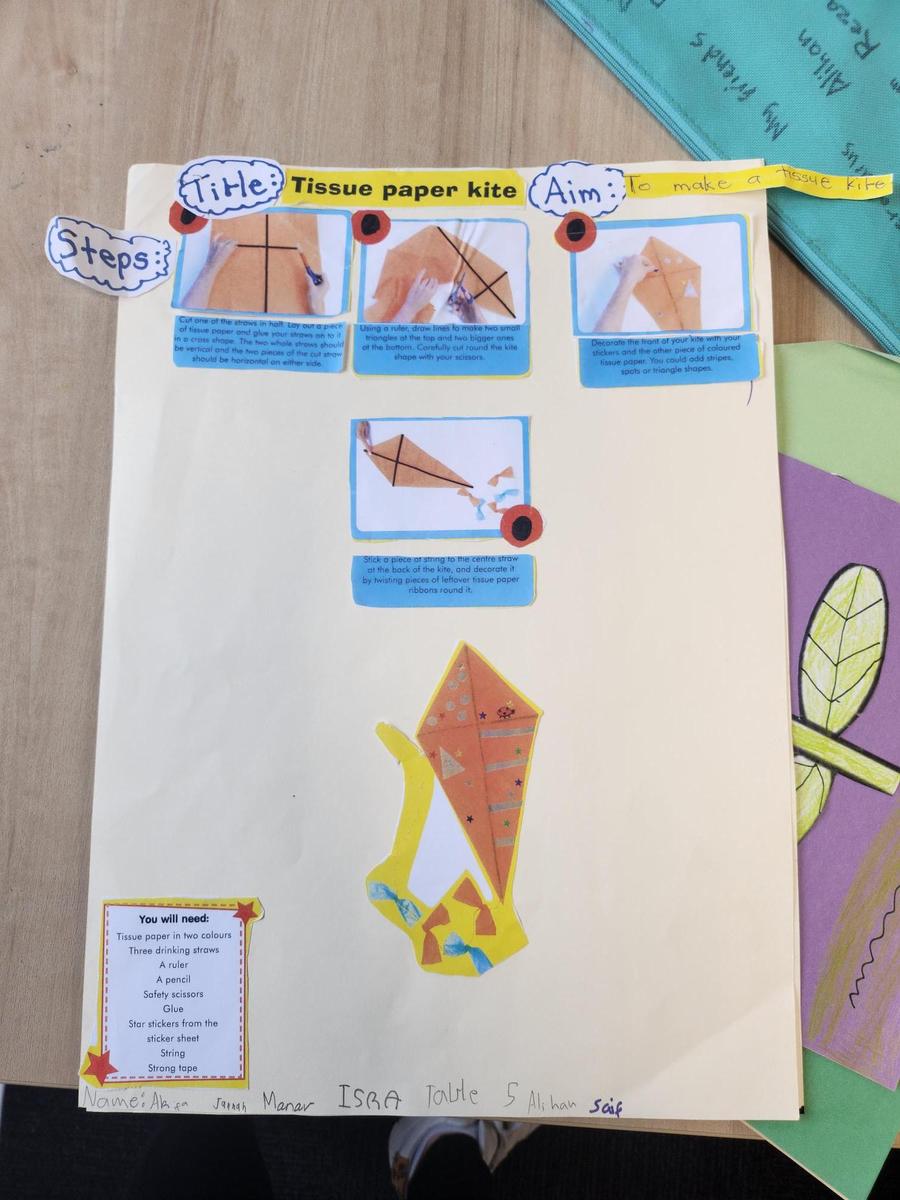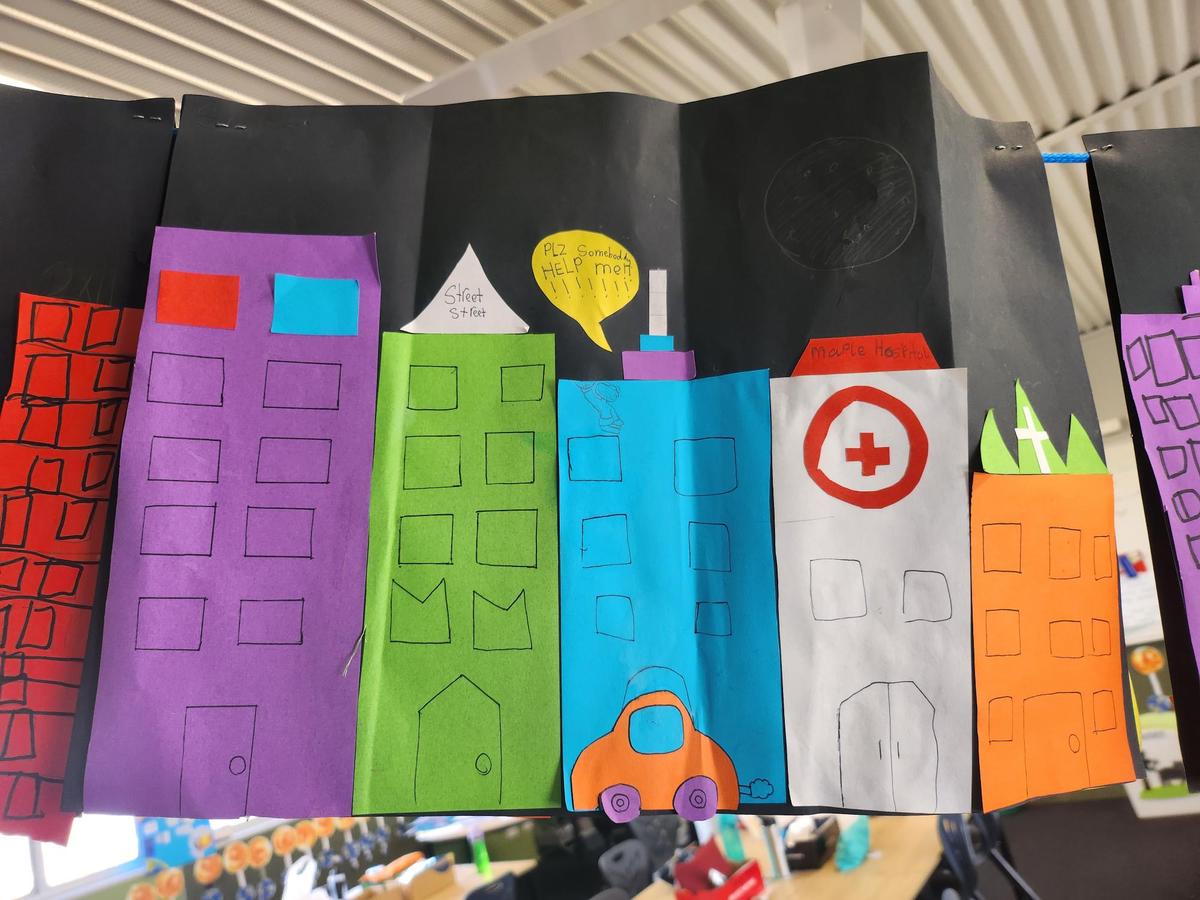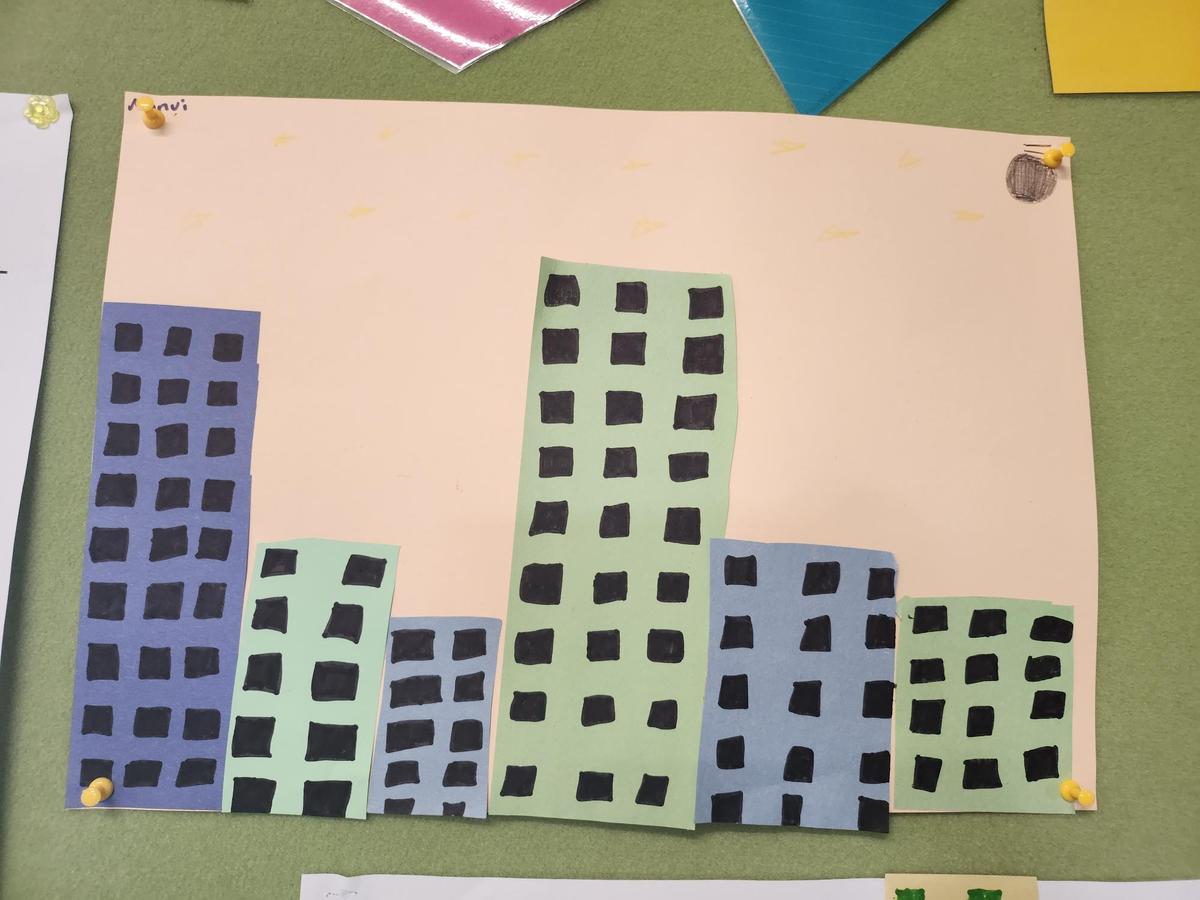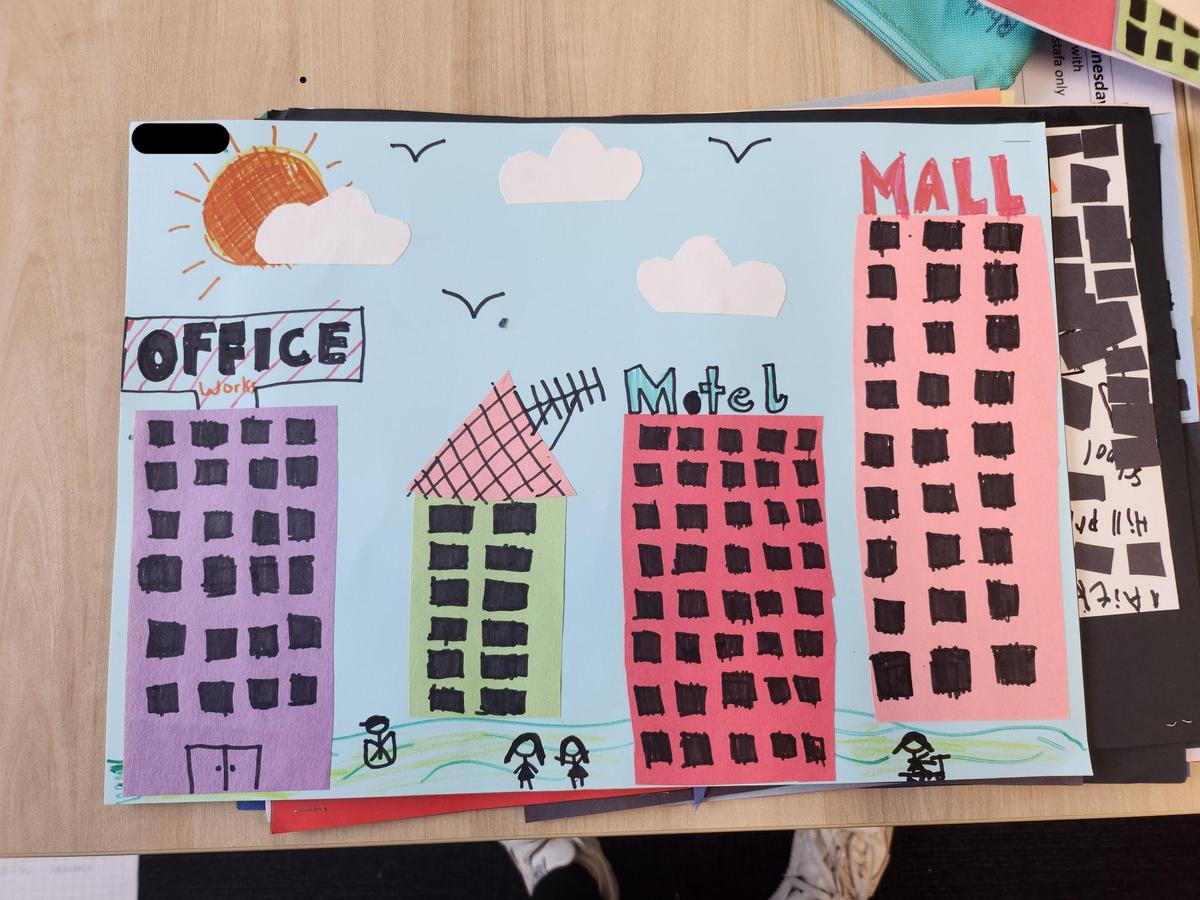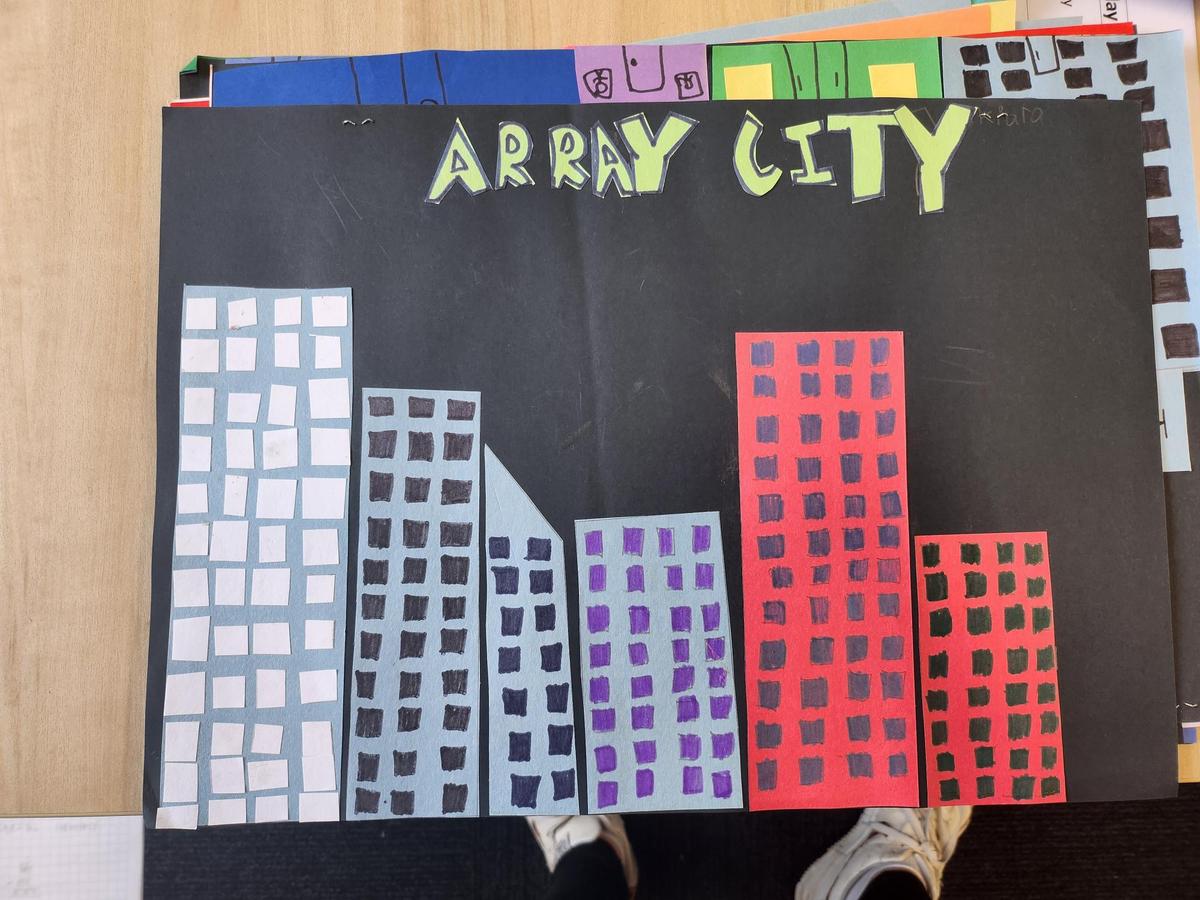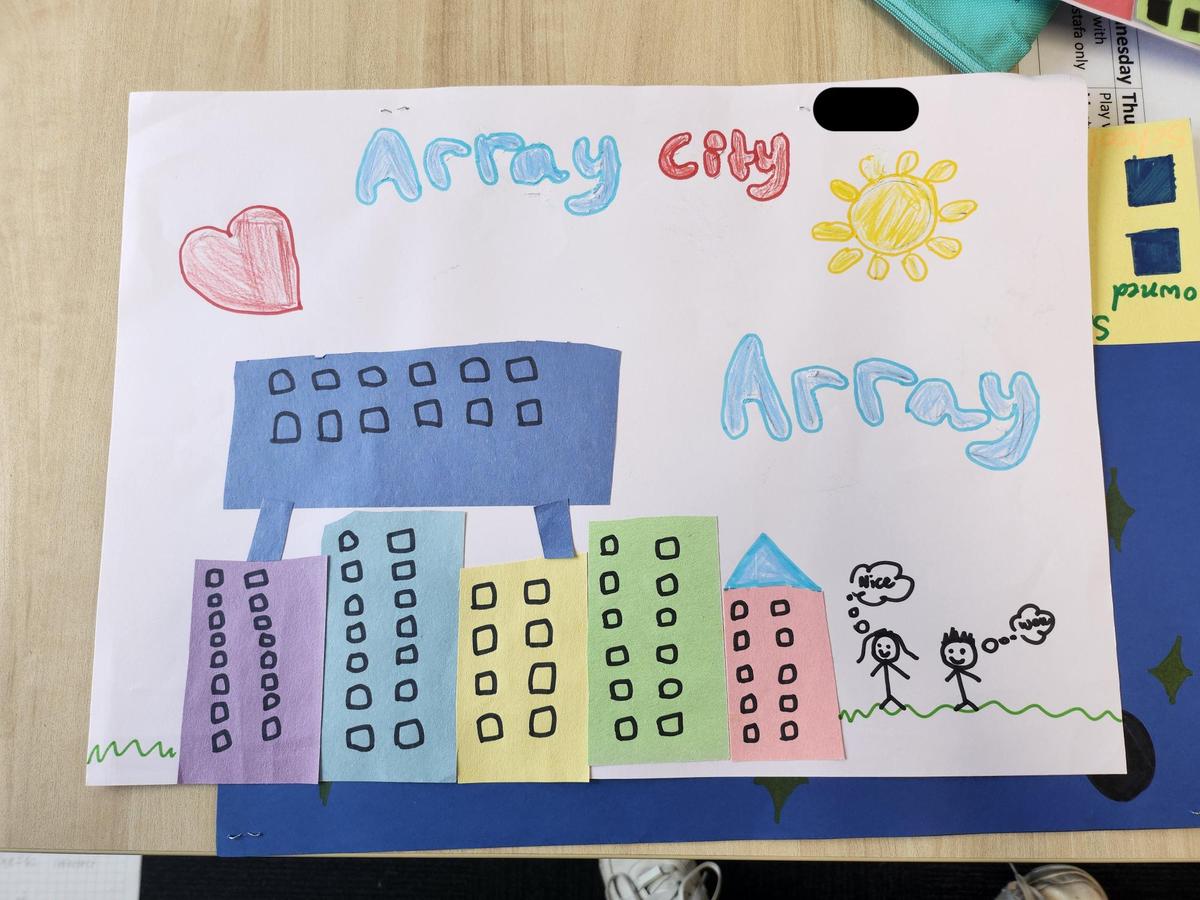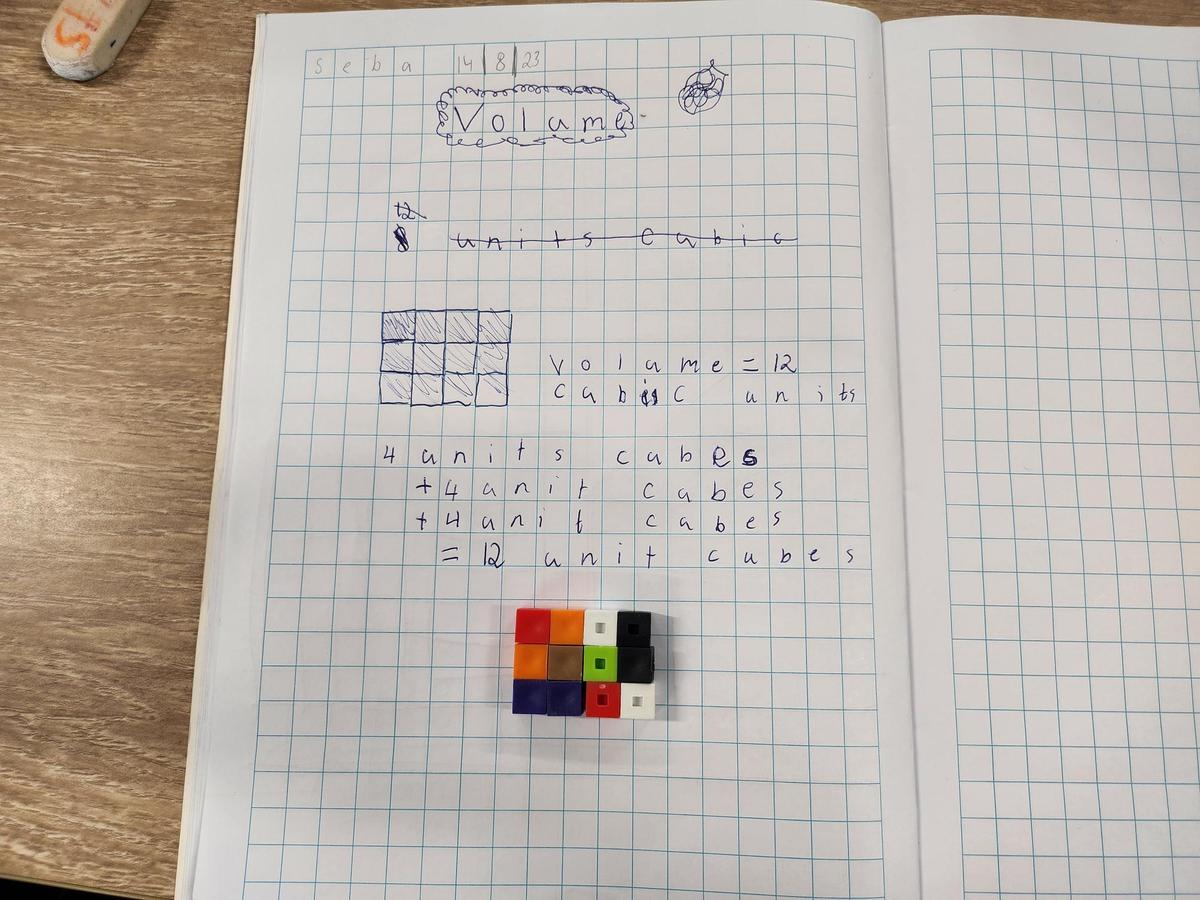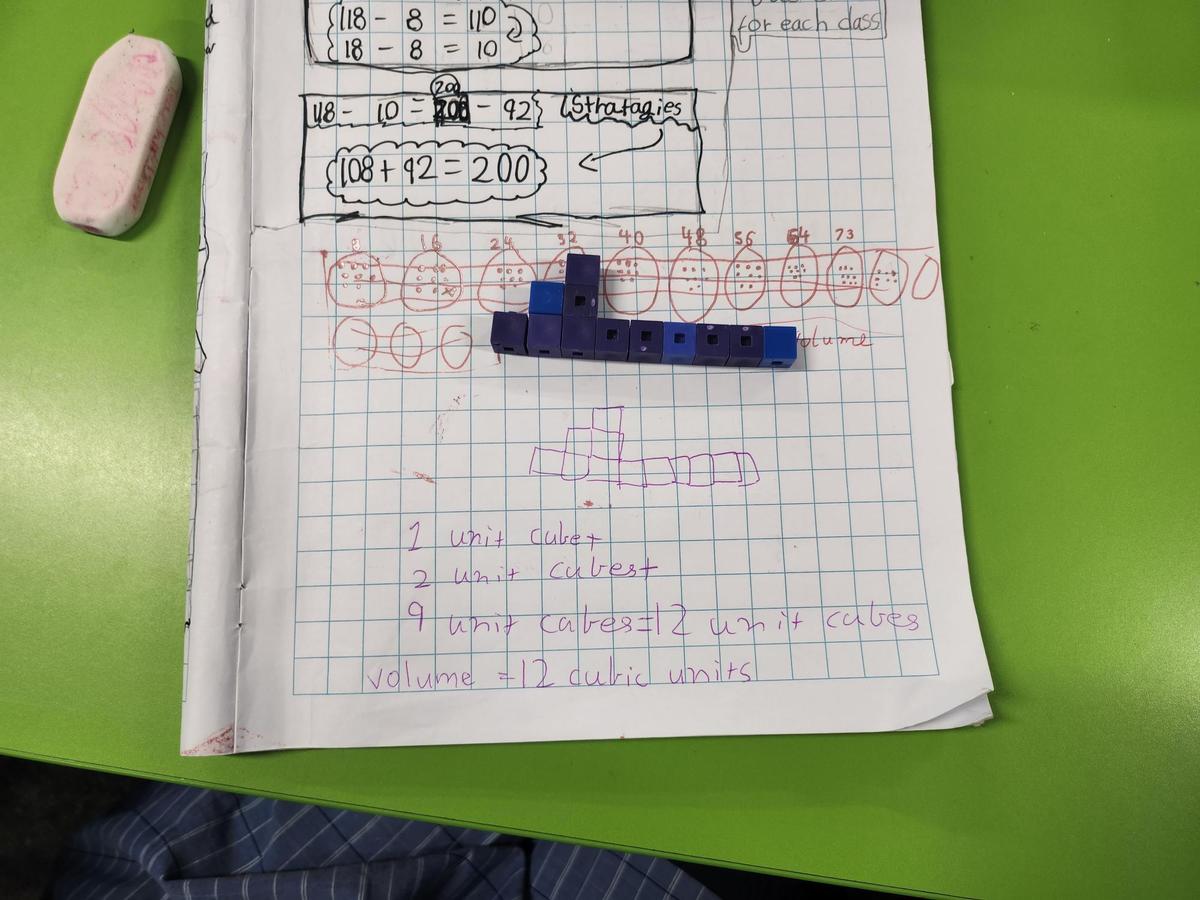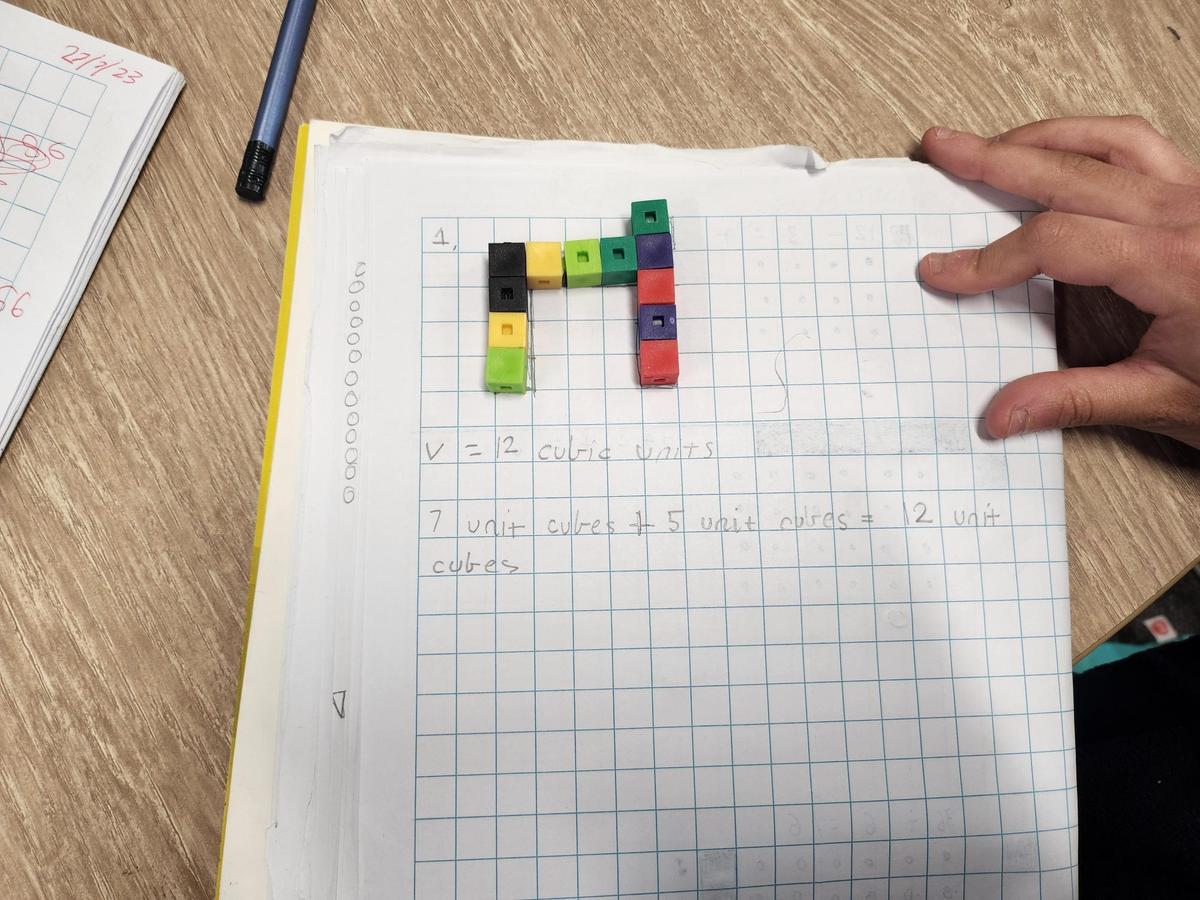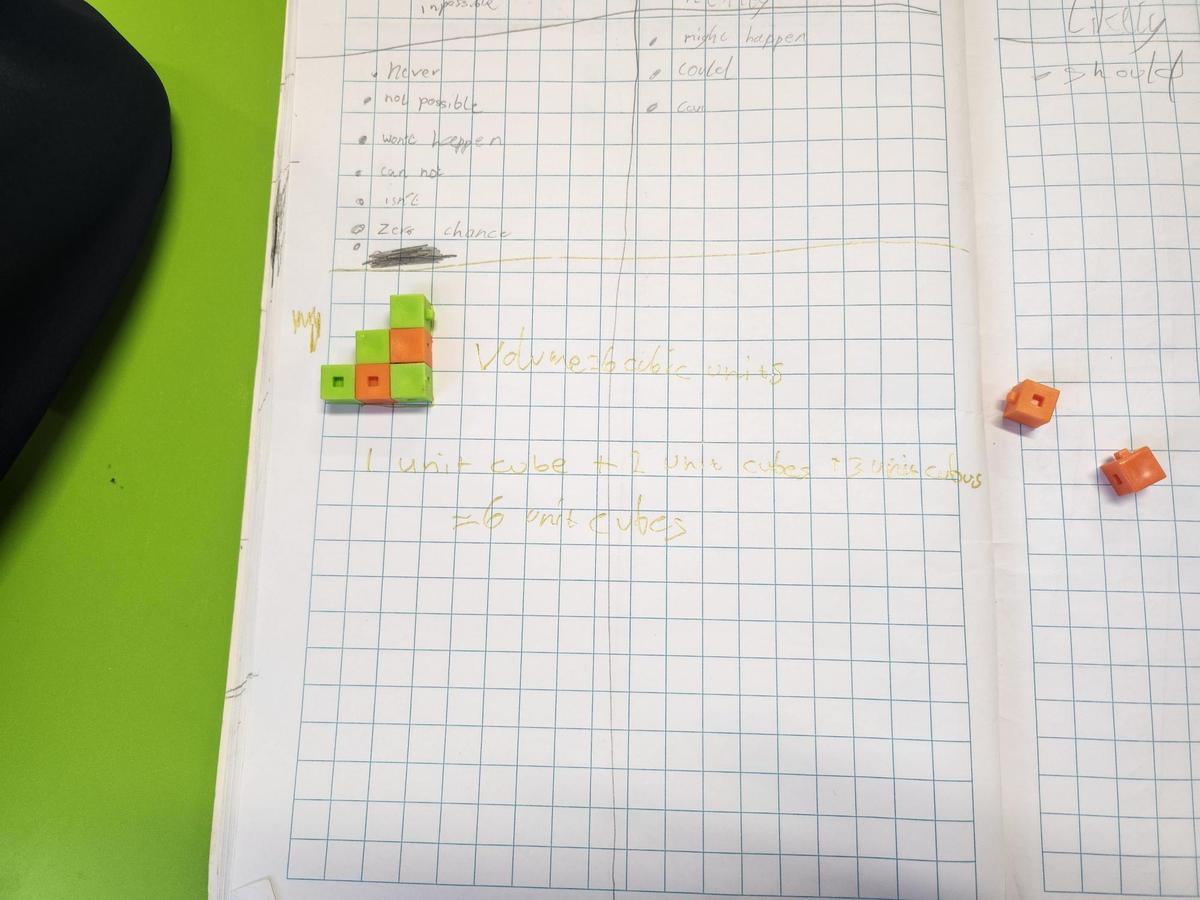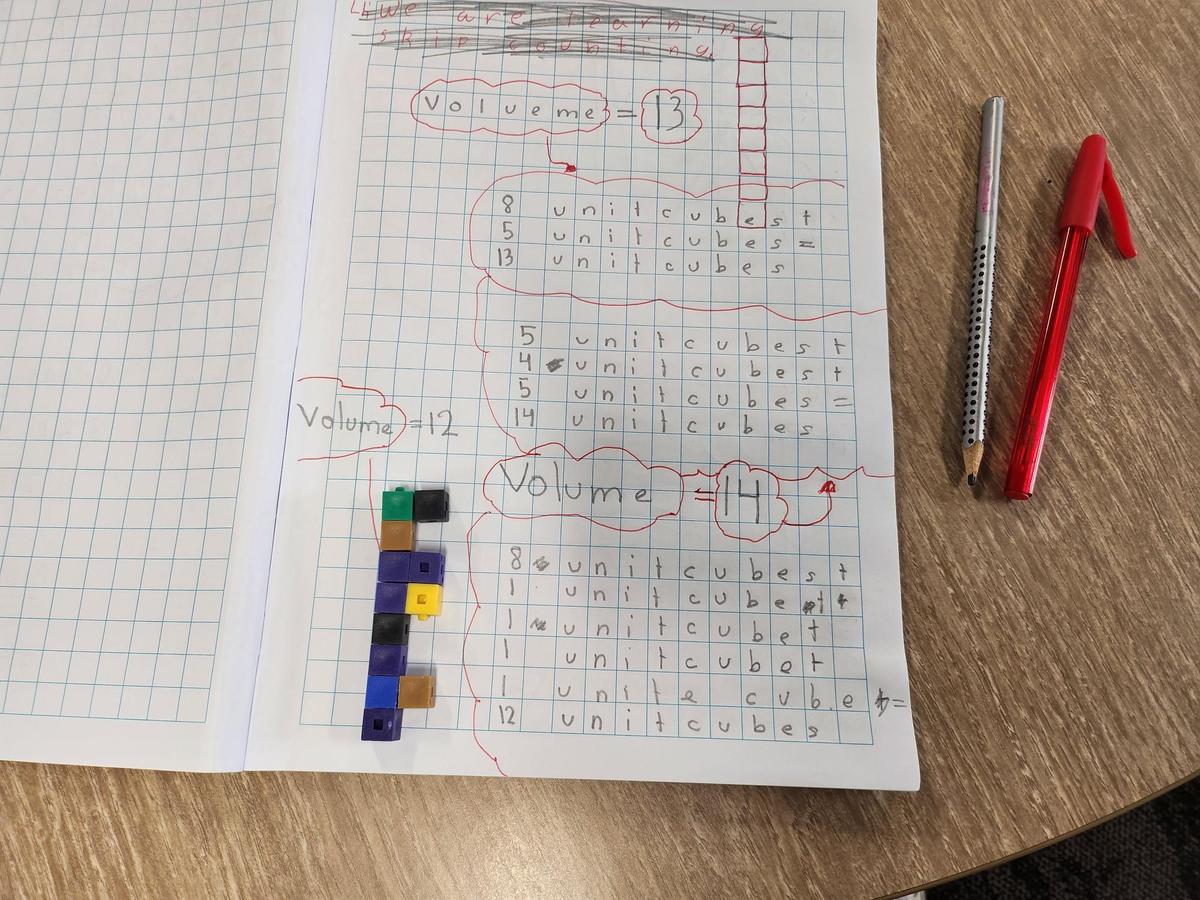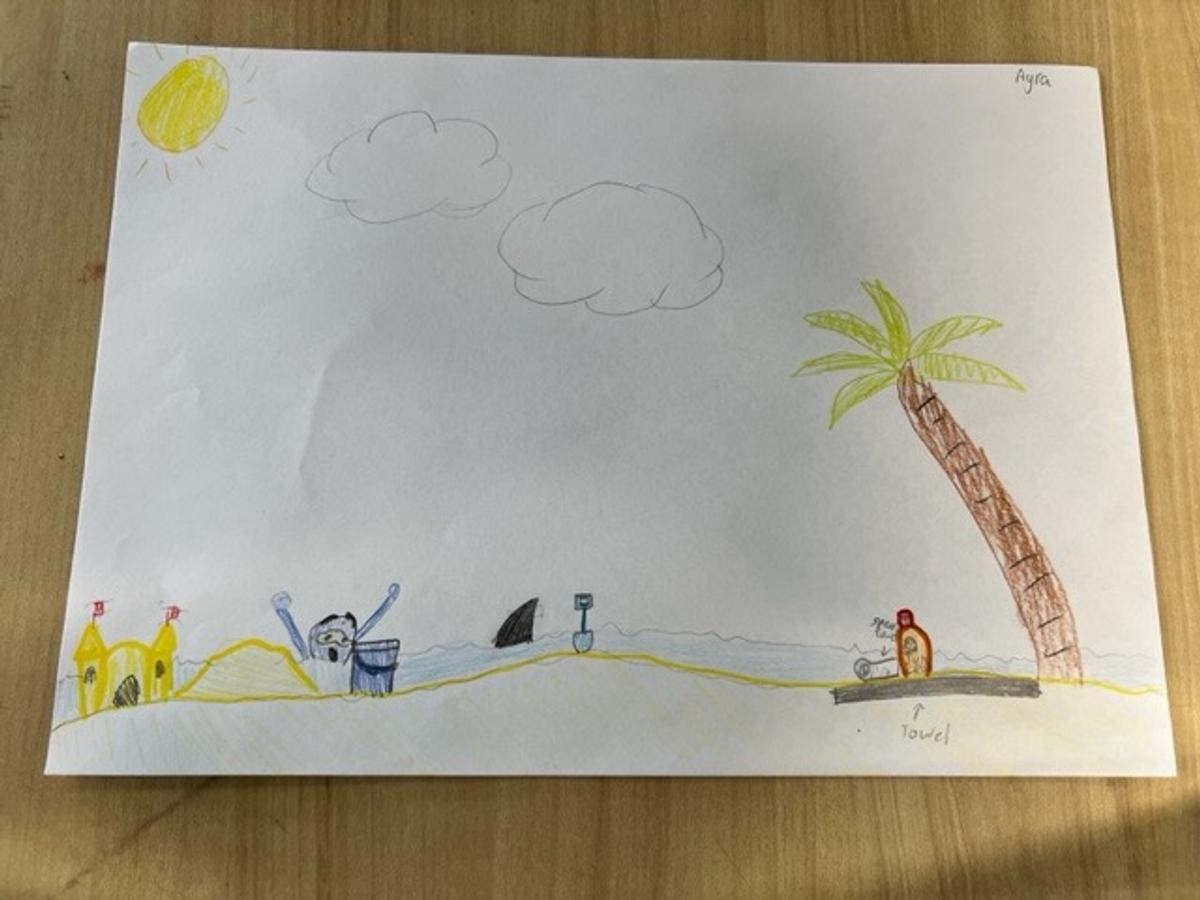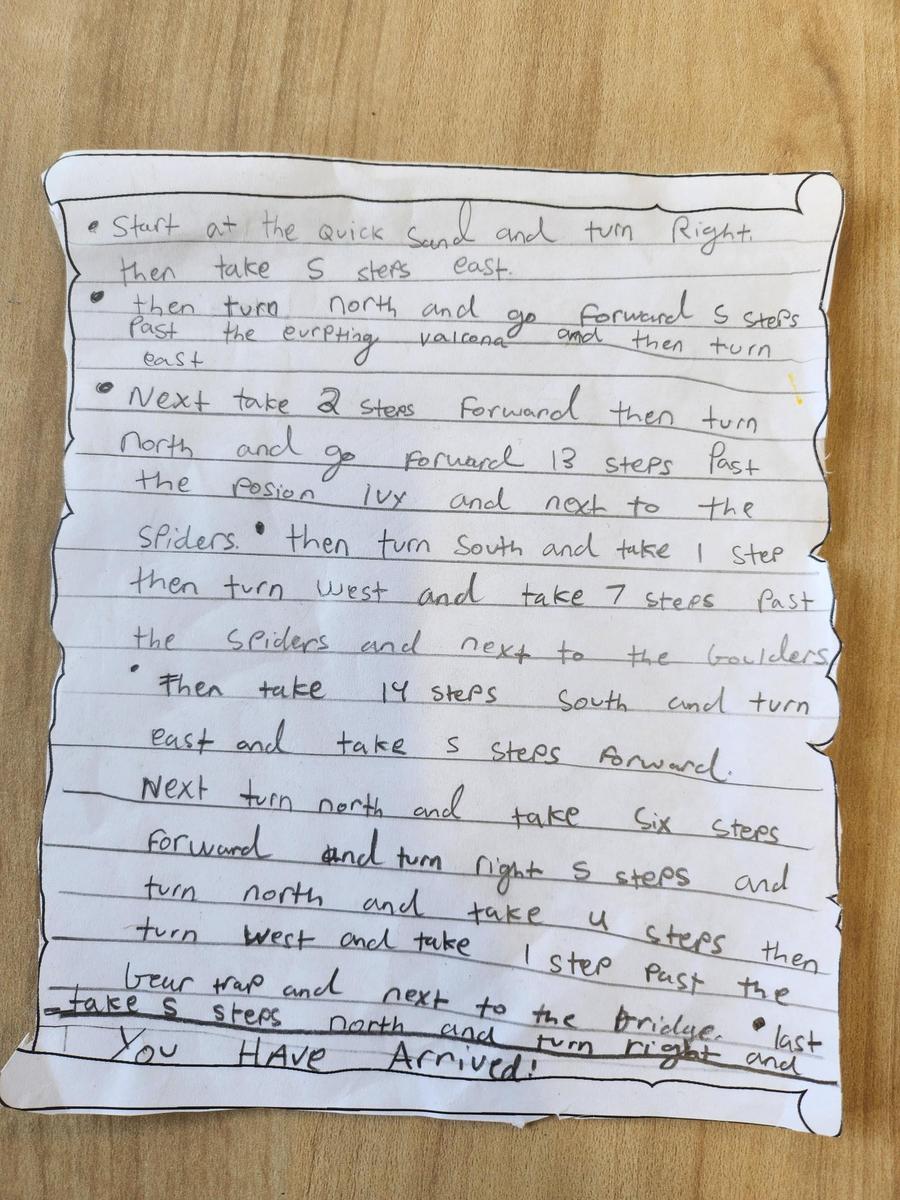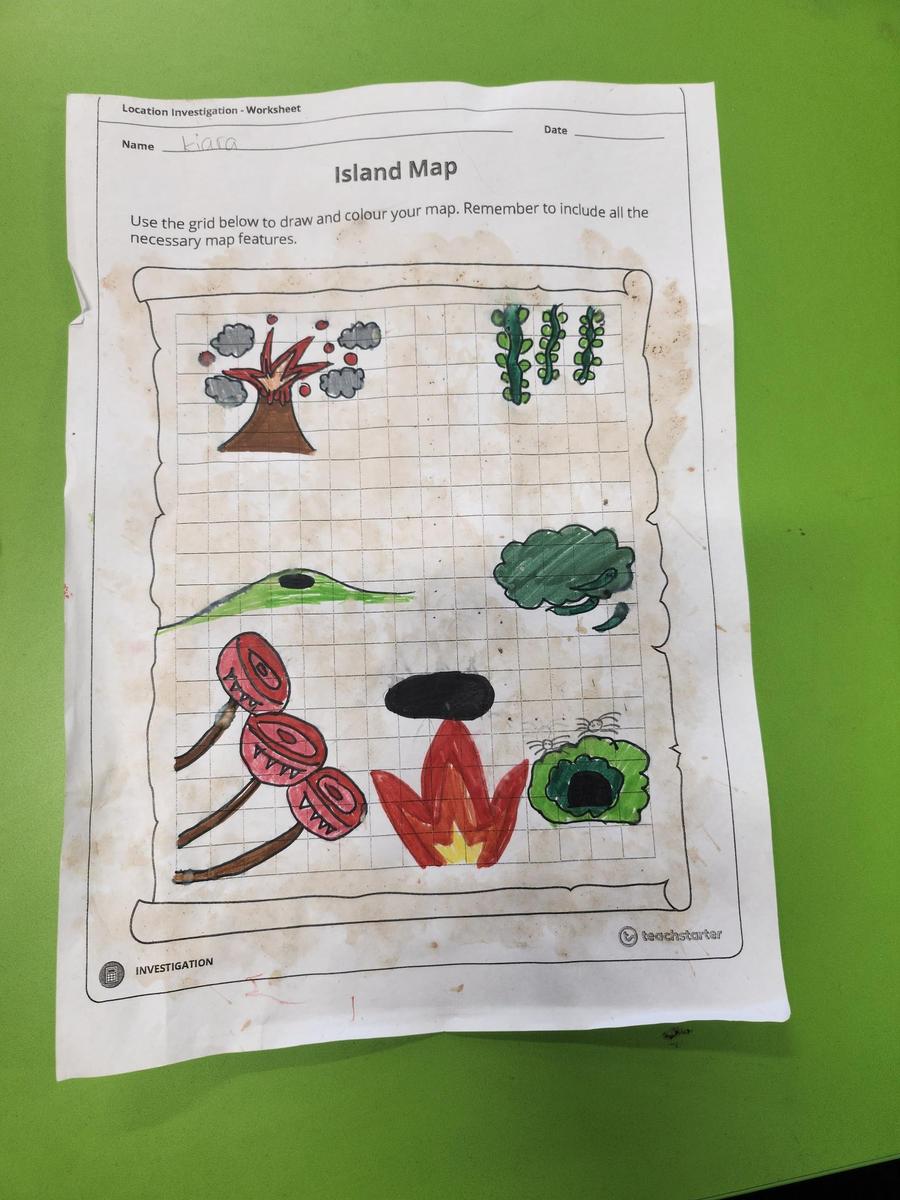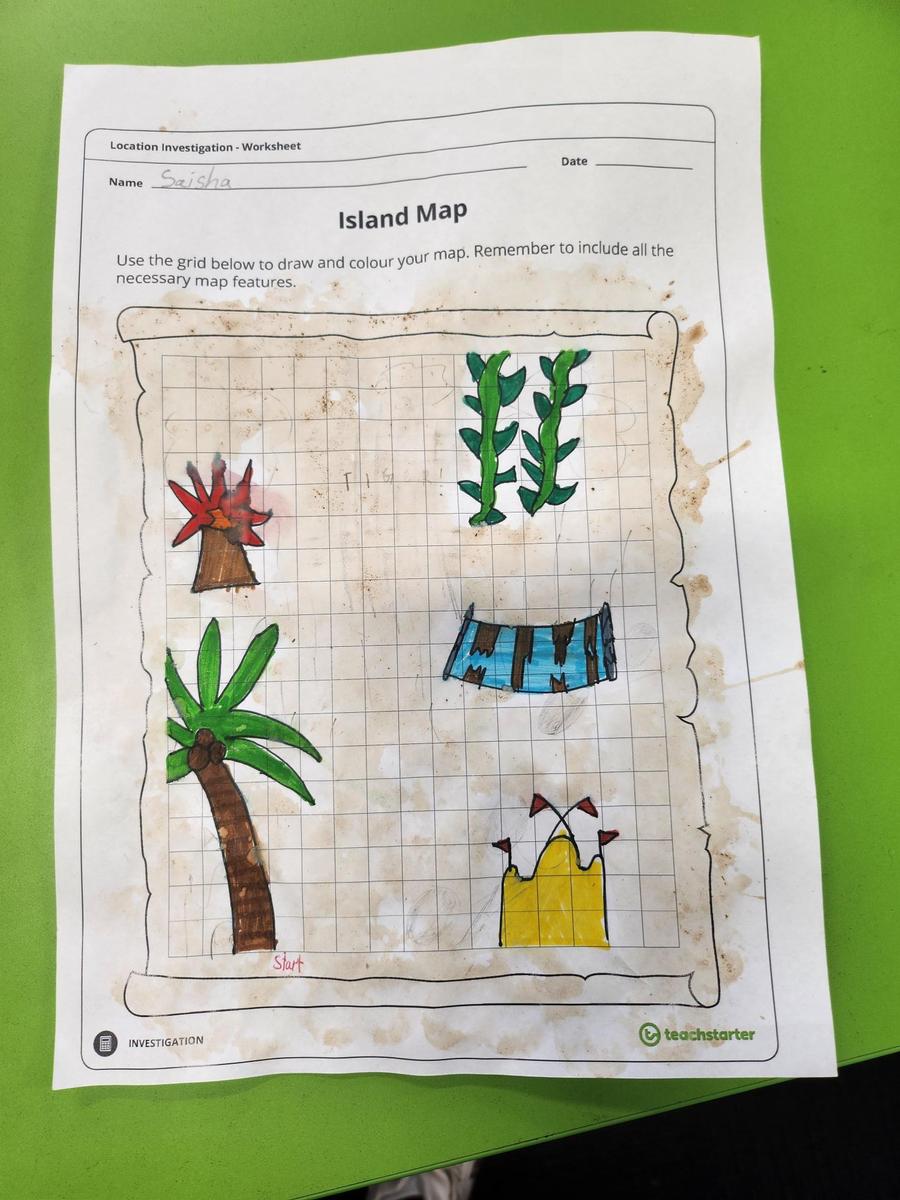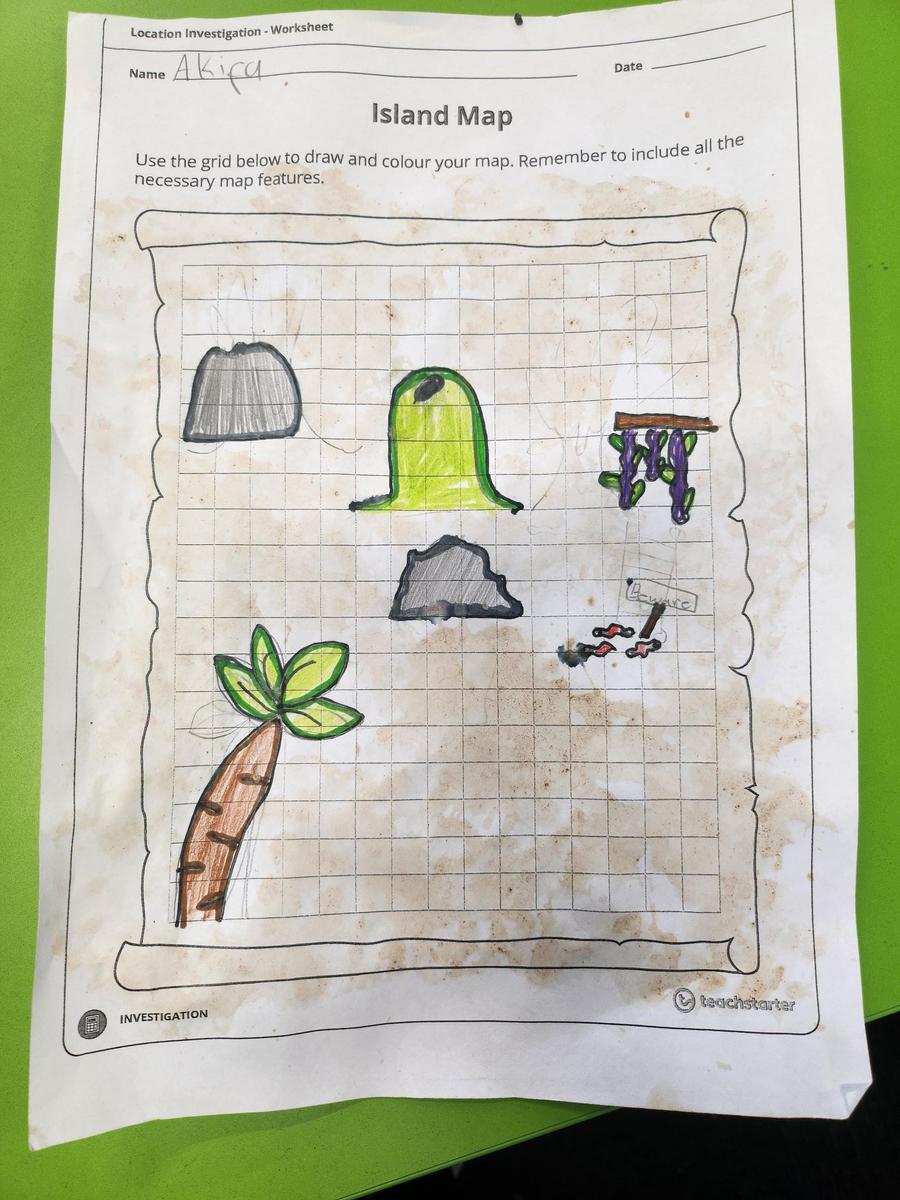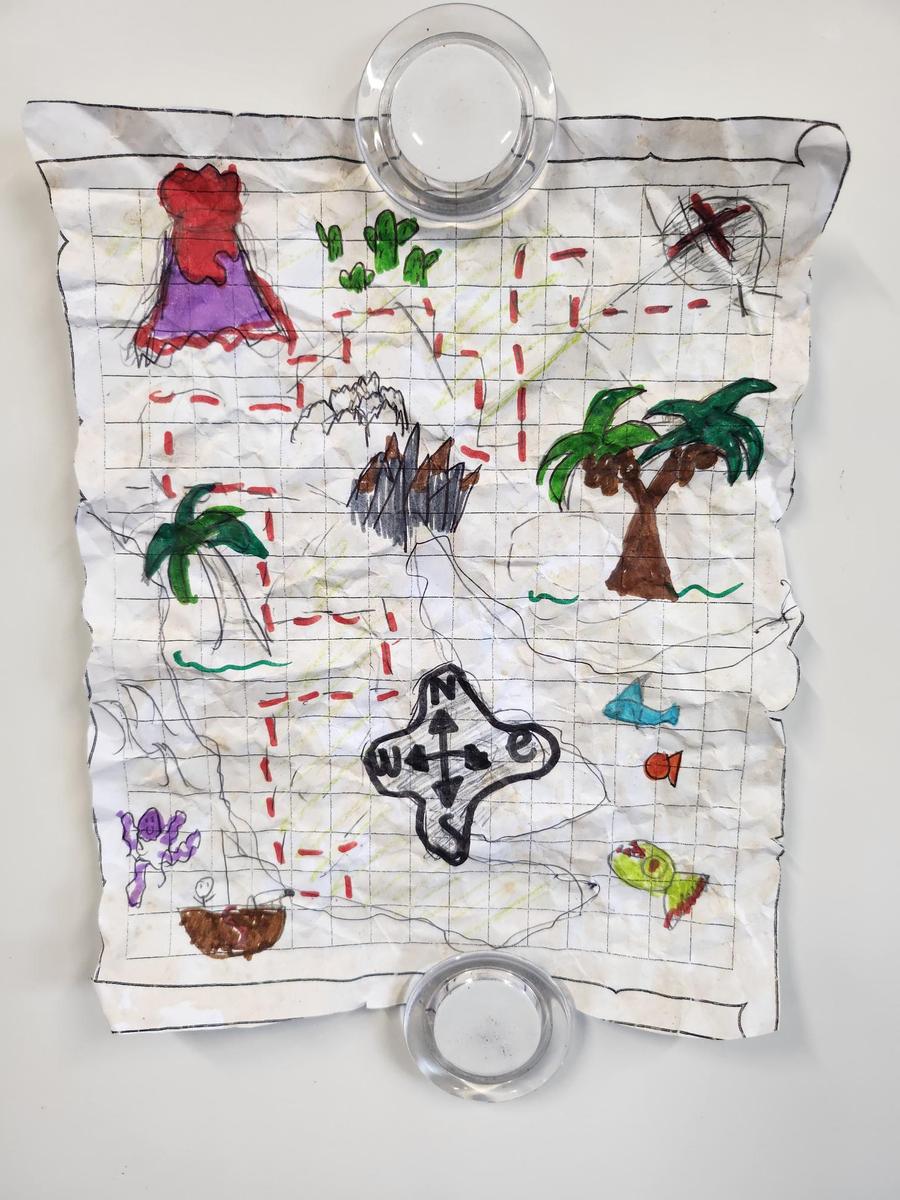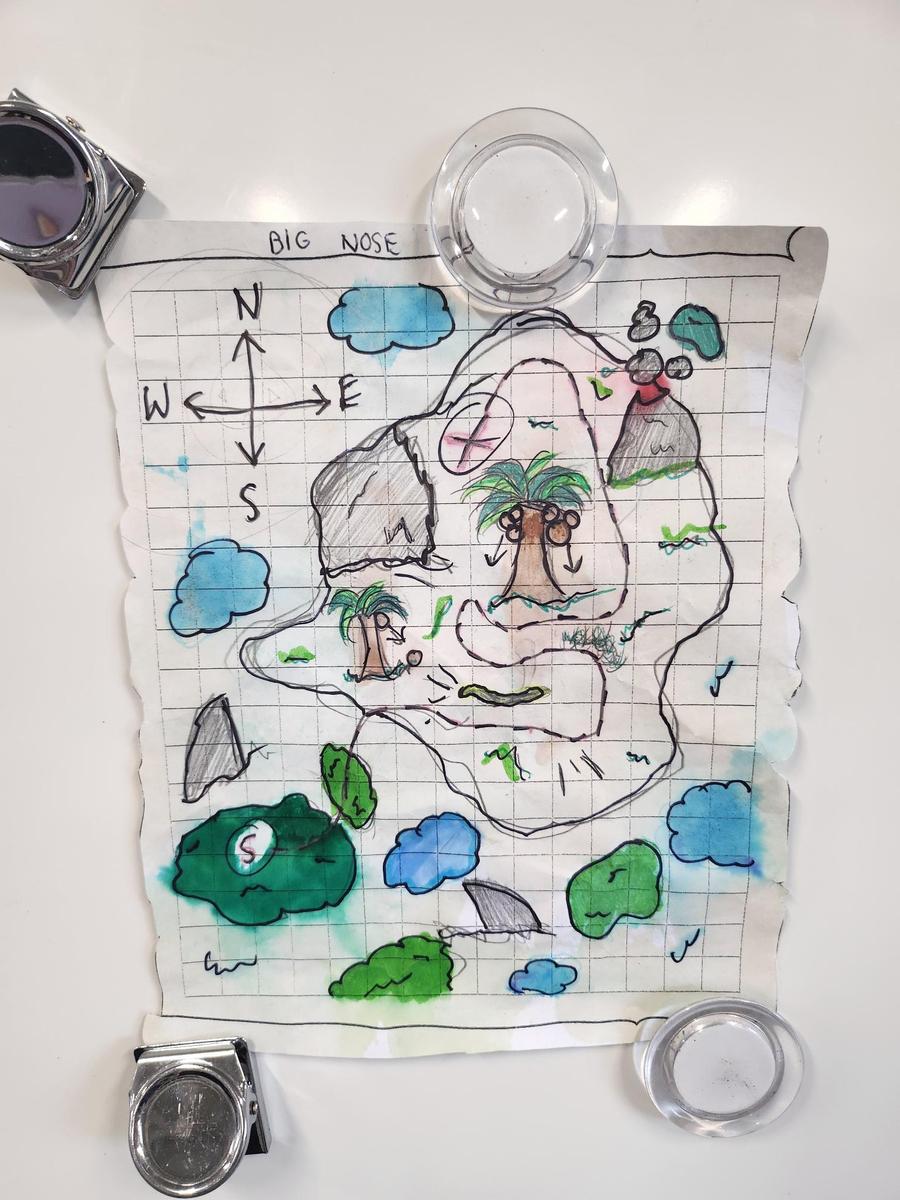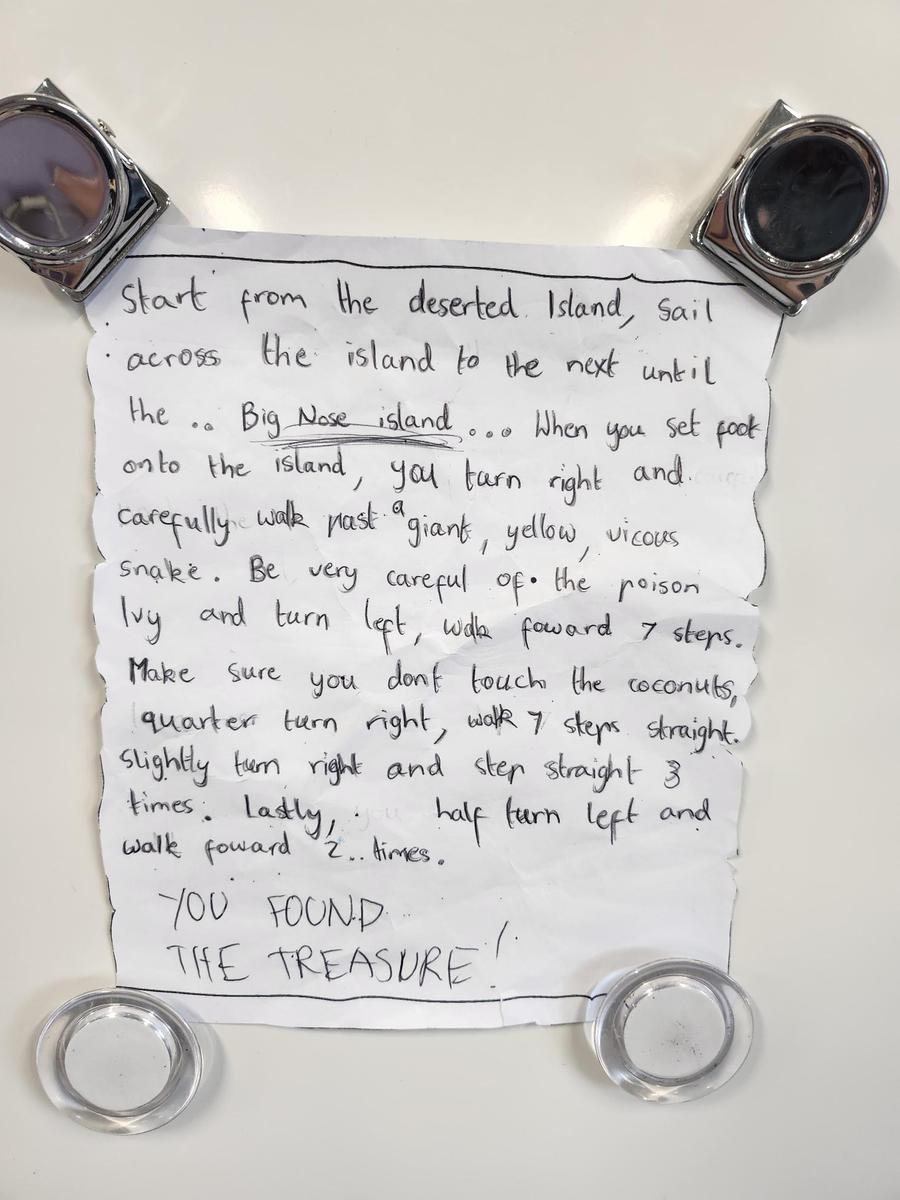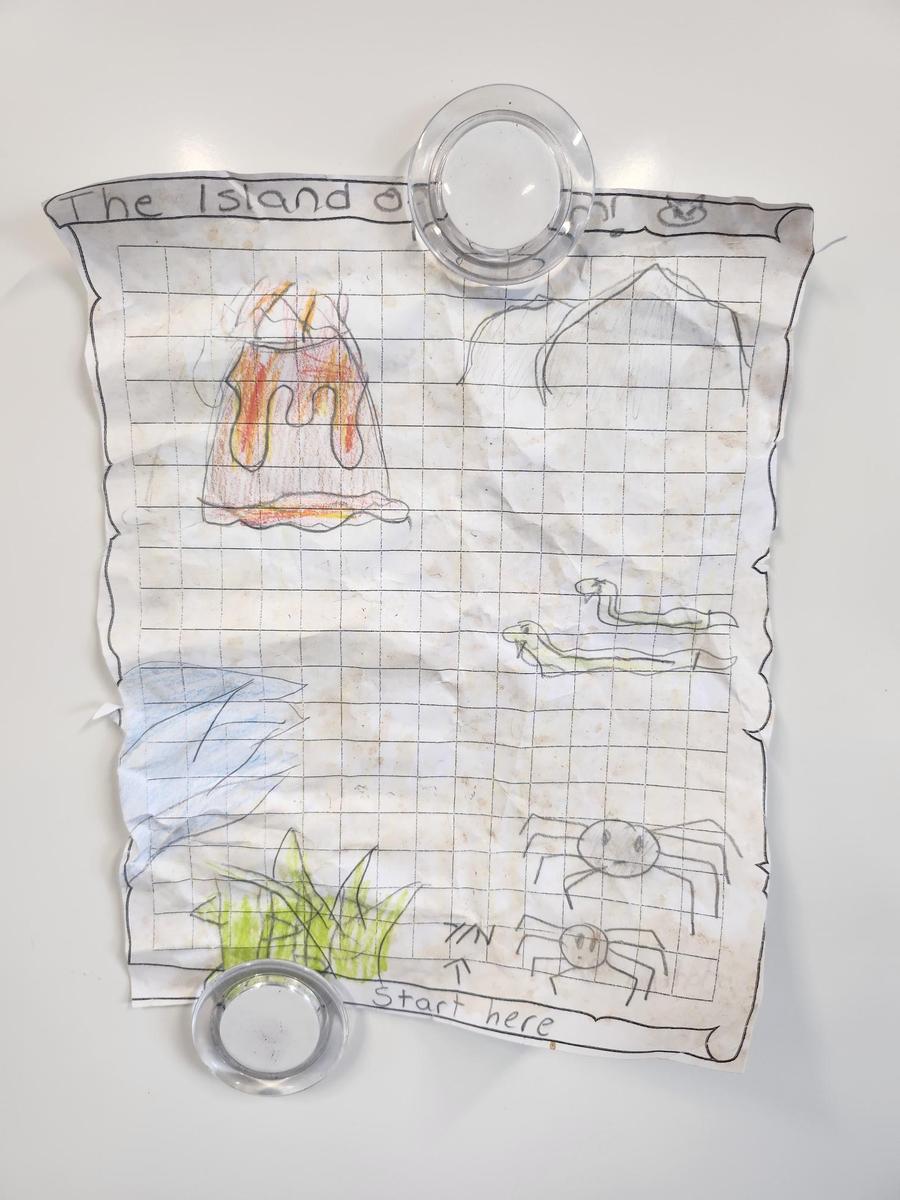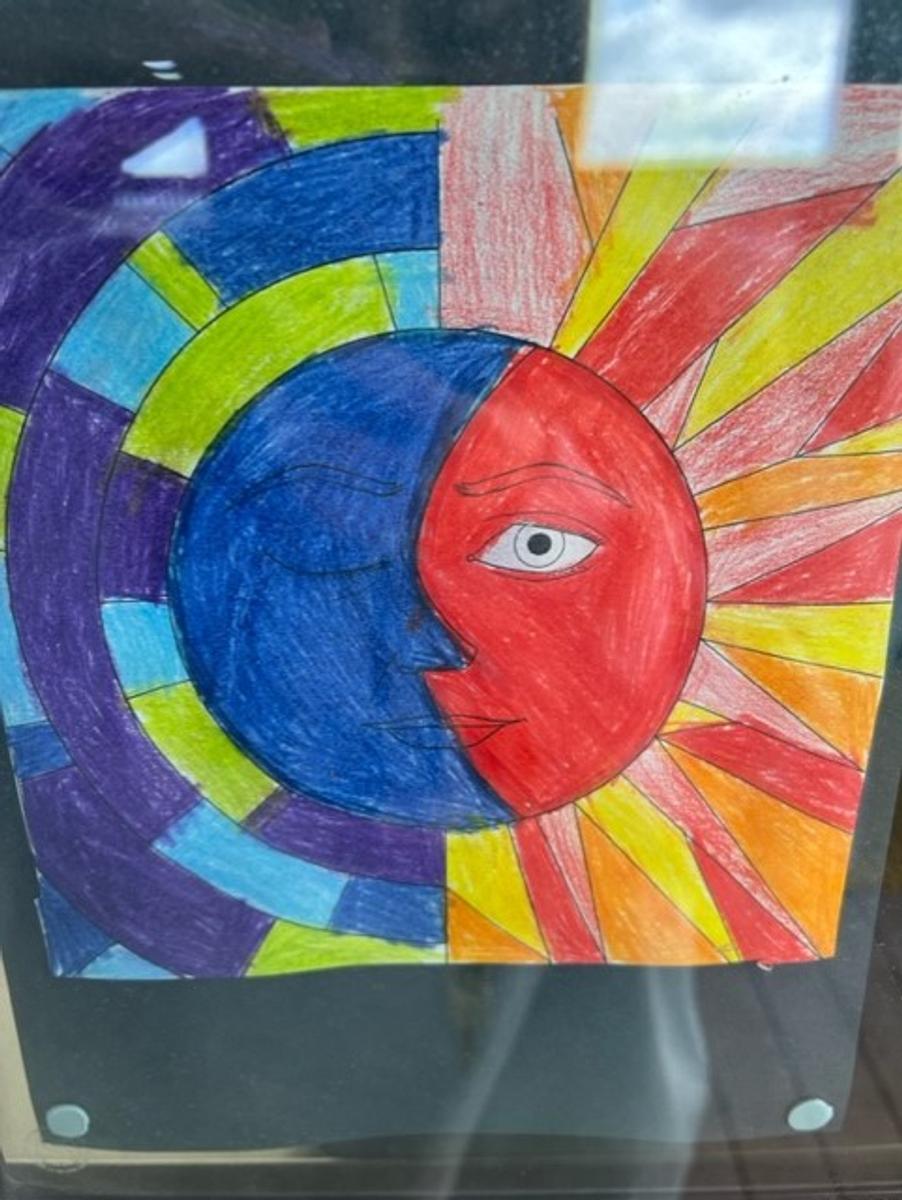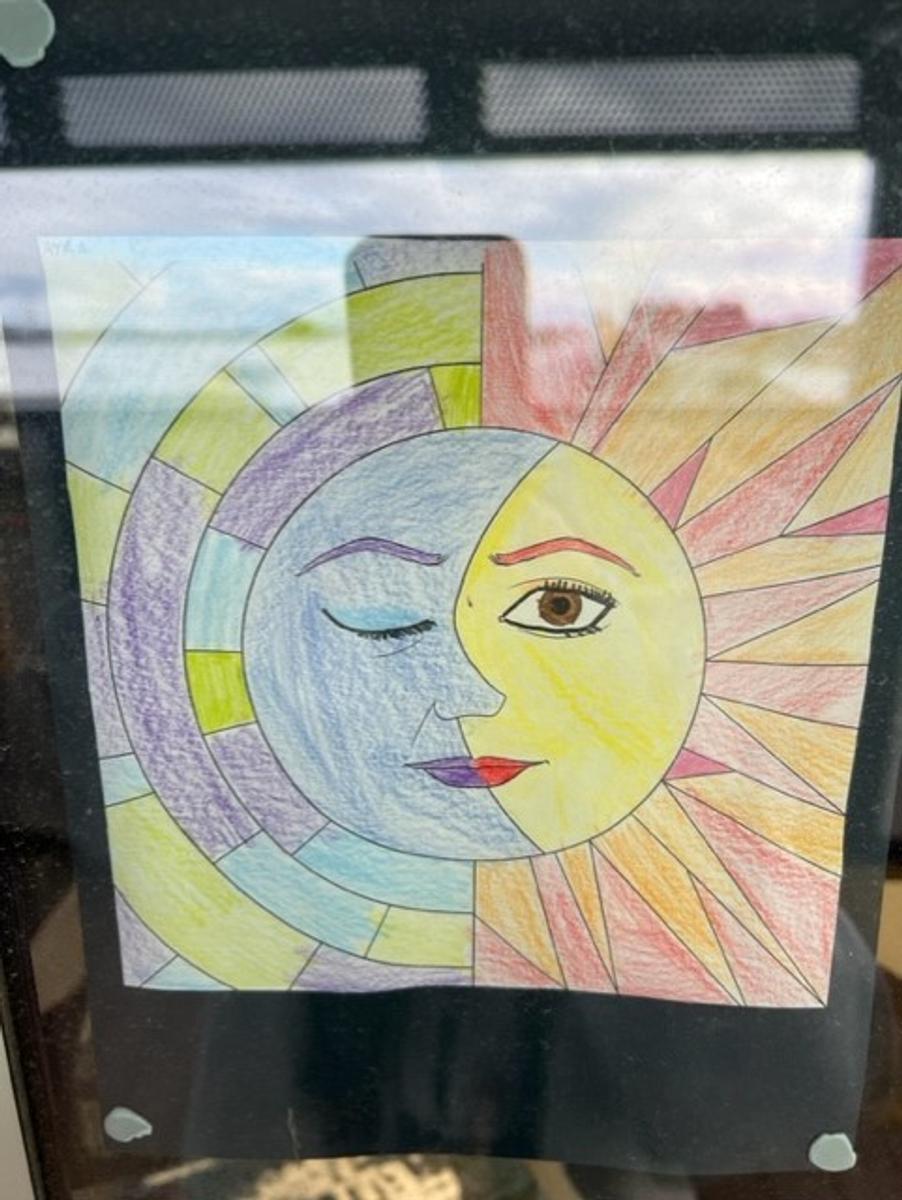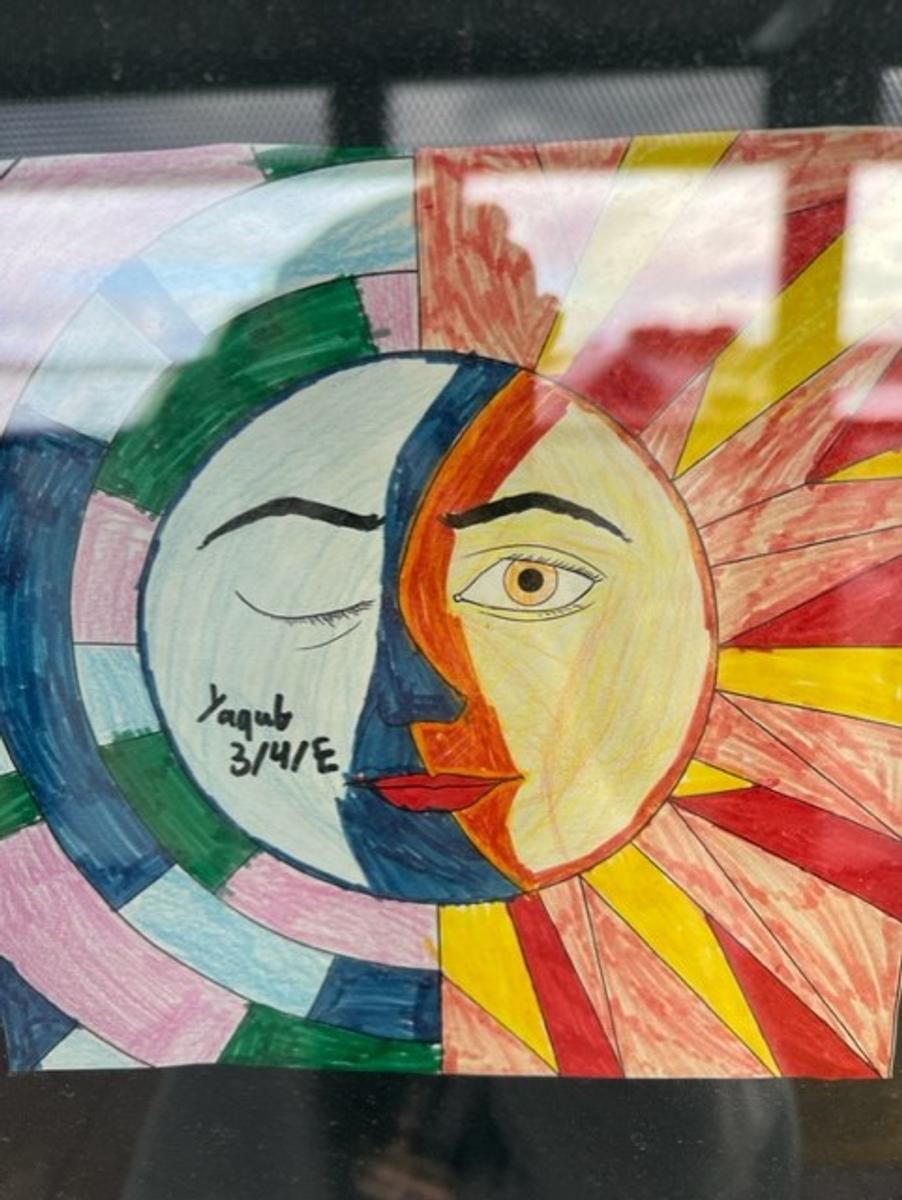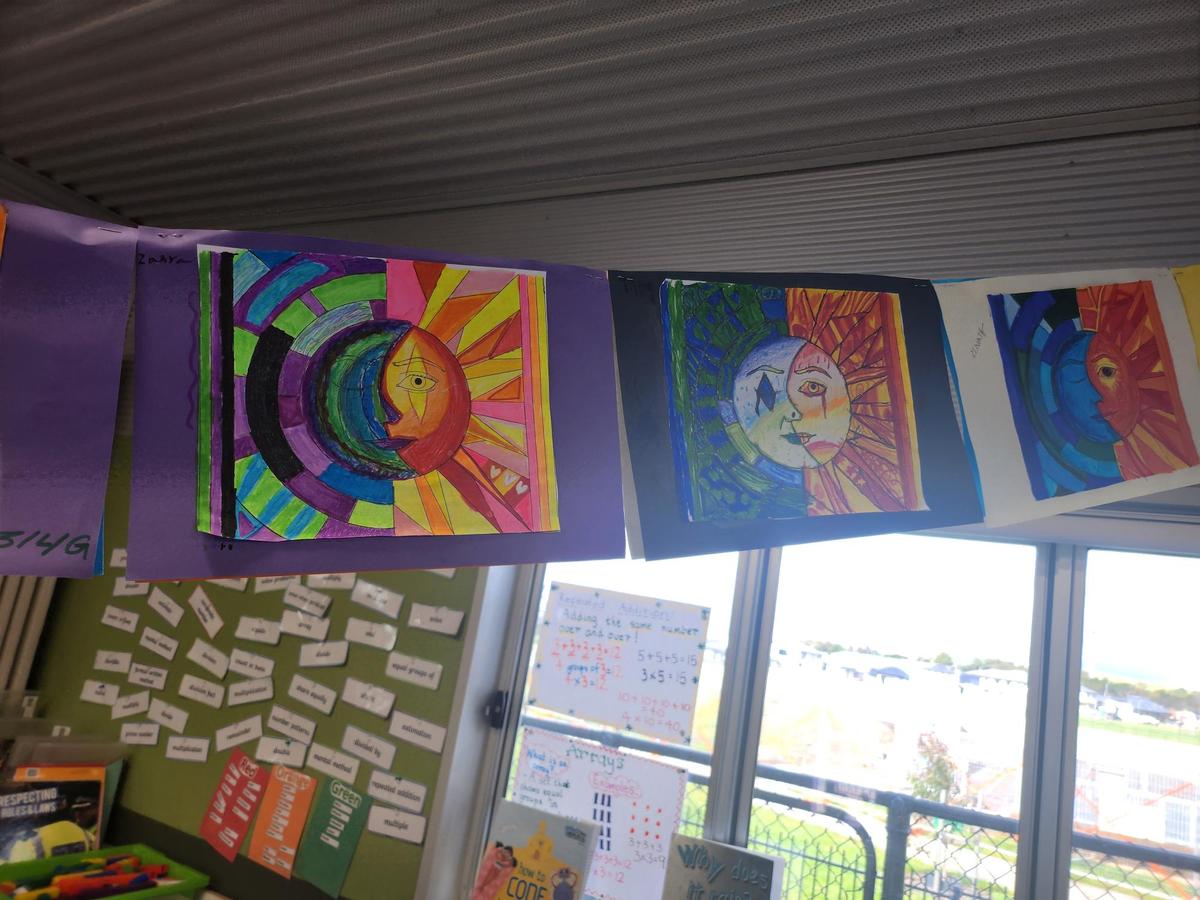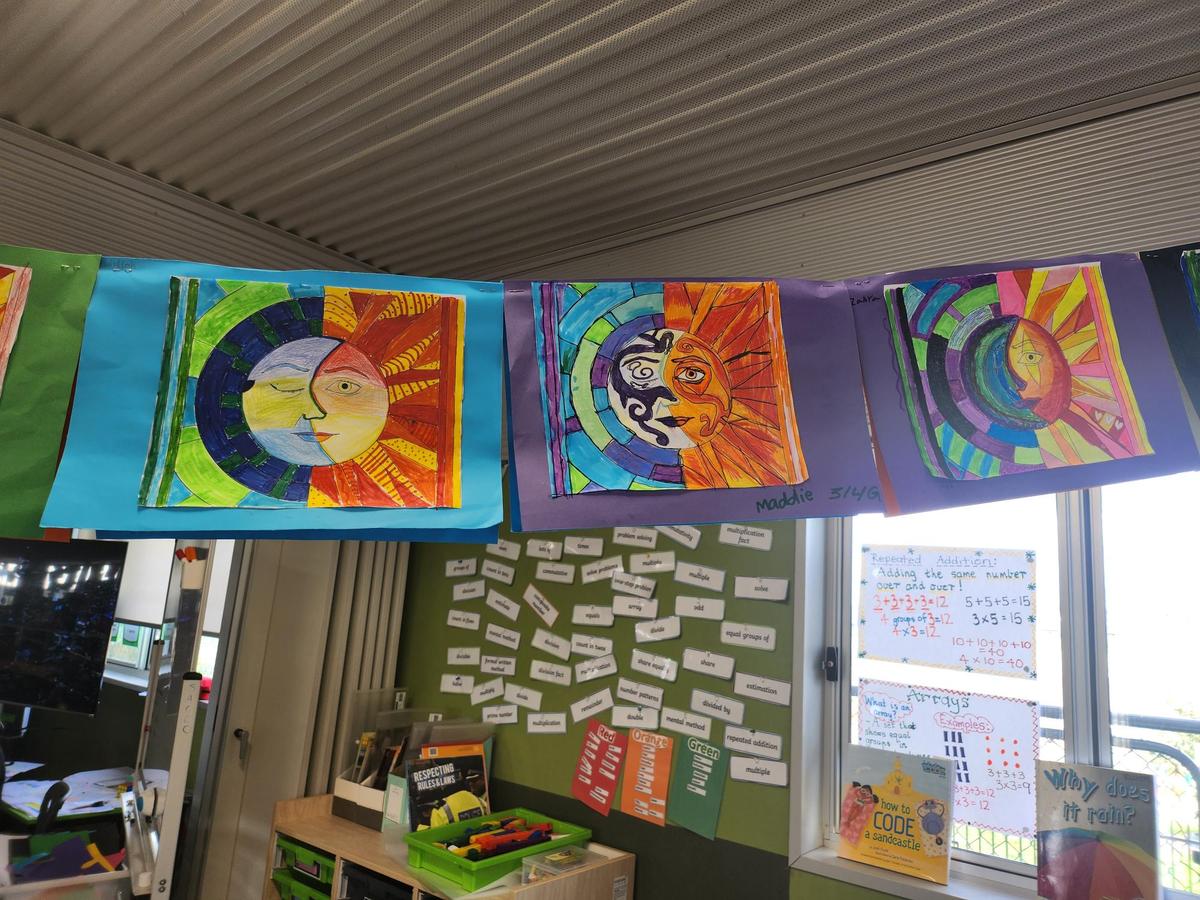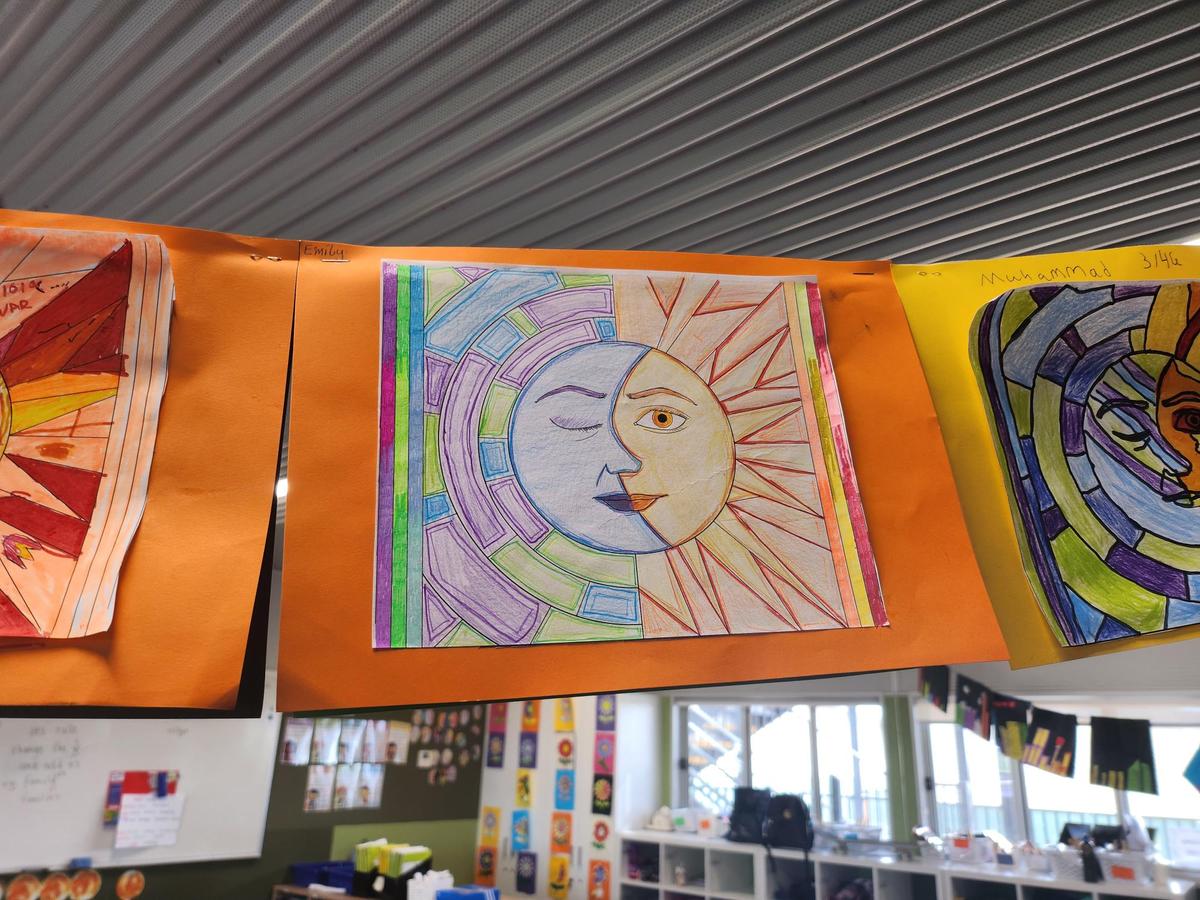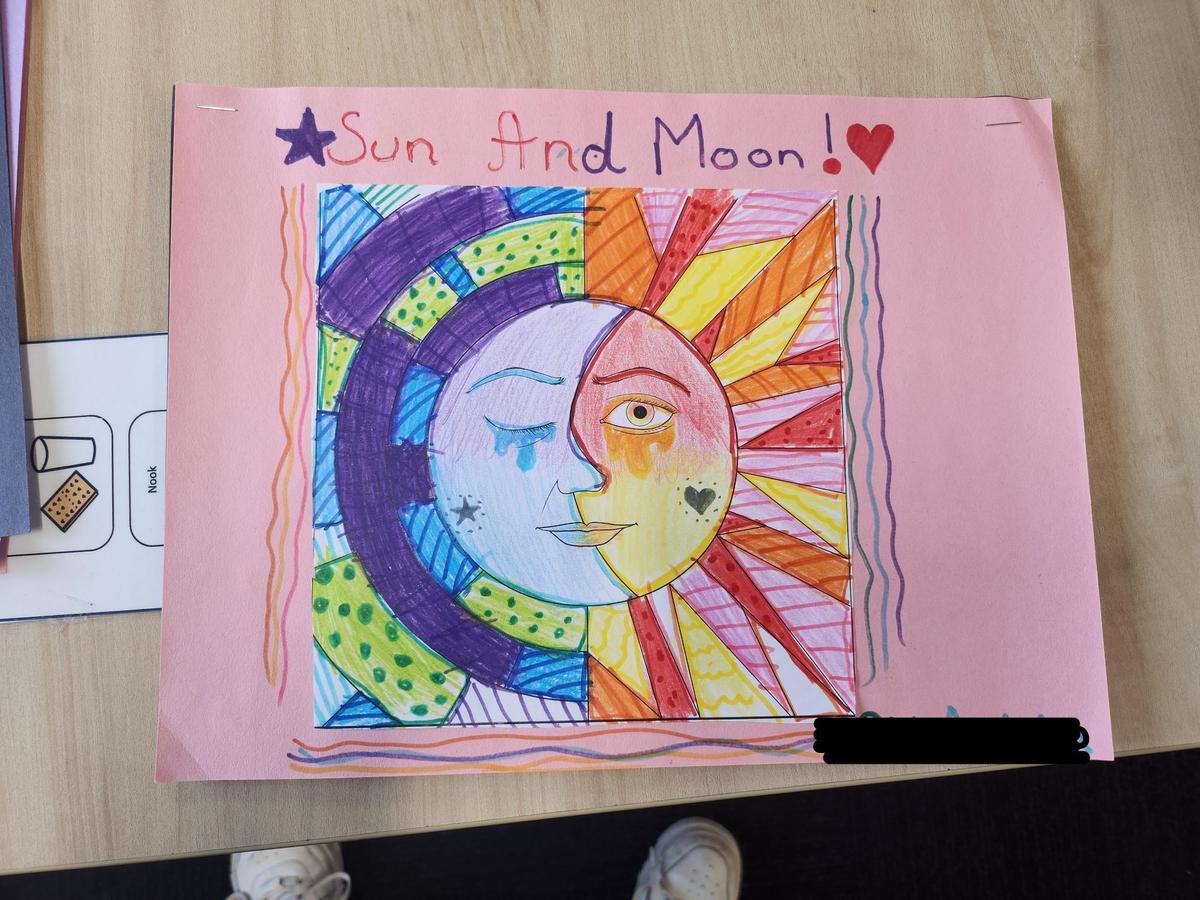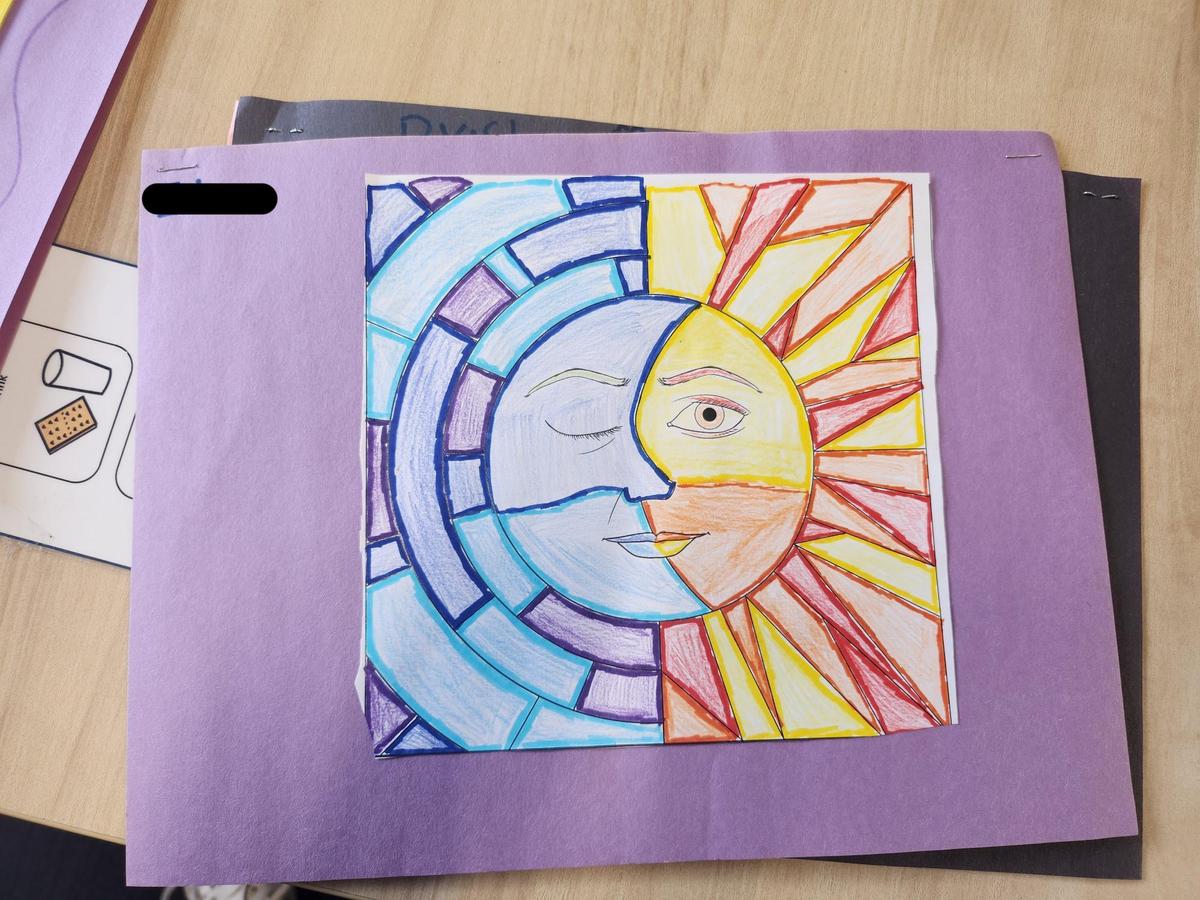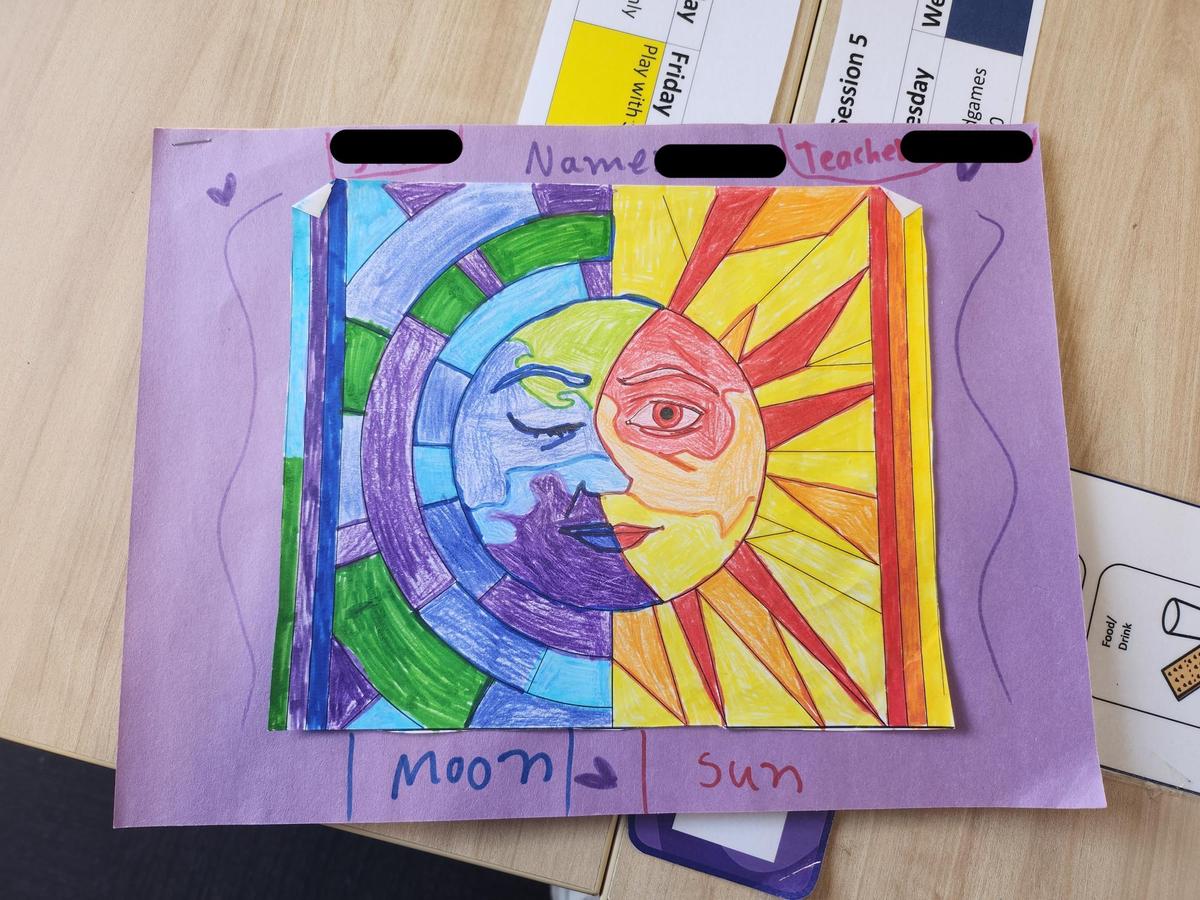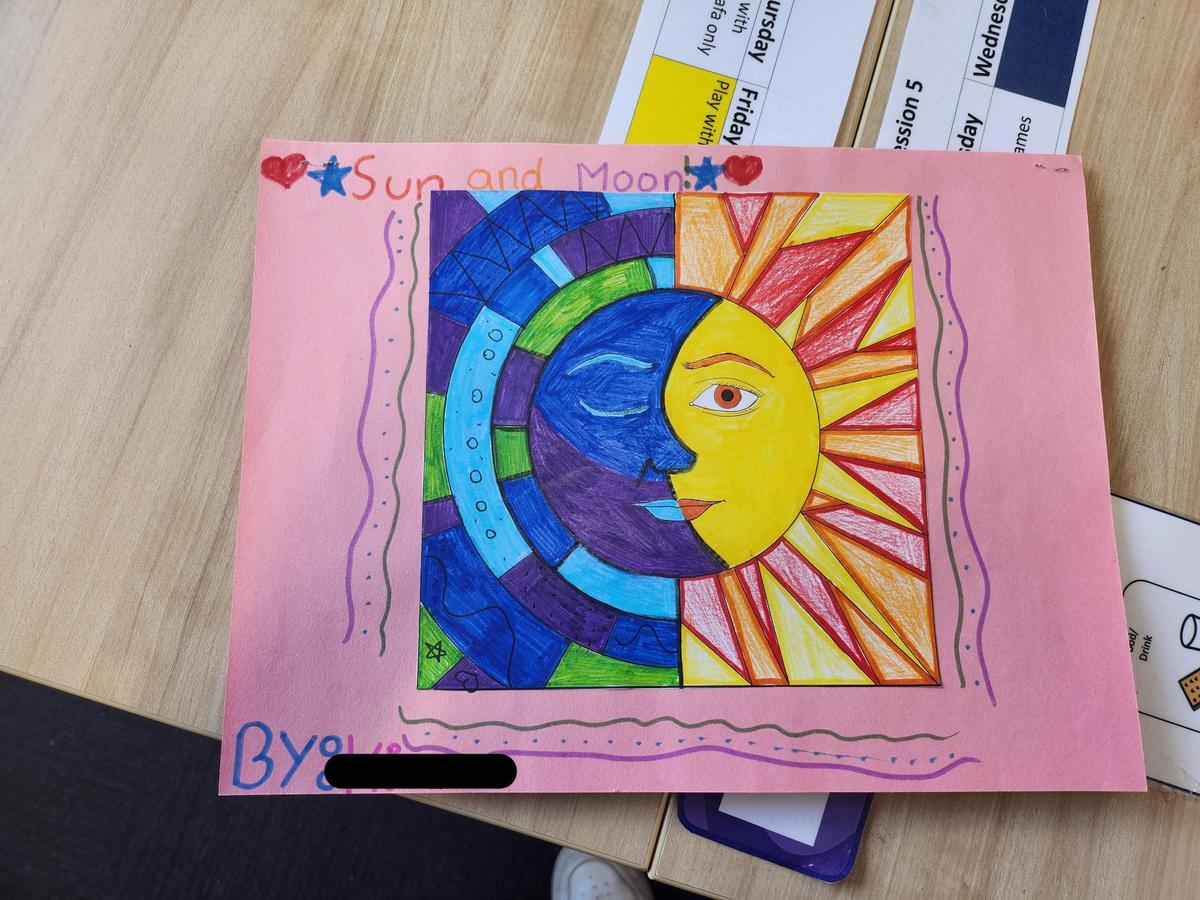Apollo Community Report

Term 3 has been a busy one for the Apollo Community, but it has been wonderful to see all our students back and eager to learn. We would like to thank all the students for their continuous hard work and persistence in learning. We are all proud of their hard work and resilience during this term.
The Apollo Community Teachers.
Reading
Inferring
The expectation in term 3, is that students move beyond literal questions to inferential thinking. Students have been learning about inferences. An inference is an idea or conclusion that's drawn from evidence and reasoning. An inference is an educated guess. We learn about some things by experiencing them first-hand, but we gain other knowledge by inference — the process of inferring things based on what is already known.
In addition to understanding the literal points that the author is making, good readers can “read between the lines” and draw inferences about a wide range of hidden meanings, such as why events are unfolding as they do, why characters behave in a certain way, what the characters are thinking, and what might happen next.
Their focus has been on reading strategies before, during, and after reading to help build their comprehension of a text. Students who are good at monitoring their comprehension know when they understand what they’re reading and when they don’t.
Book Week
Congratulations to all students who dressed up as a book character for the book week parade. Students created an Array City for the book week door display which incorporated their understanding of arrays for multiplication and division. Teachers added to this by dressing up as superheroes.
Writing
Procedural
In writing, students have been focusing on procedural writing. When writing a procedural text, students have learnt to showcase their ability to provide clear and concise instructions, breaking down complex tasks into management steps.
What is Procedural Writing?
Procedural writing teaches someone how to do something, make something, or be something. Students have the chance to teach their readers something that they know and know well. They love having the chance to be “the expert.”
Instructions, rules, and procedures aim to ensure something is performed correctly and a successful outcome is achieved. The process is given in the order in which it needs to be undertaken to achieve a successful outcome - usually a series of sequenced steps. Like all text types, variants of instructions can occur (i.e., pictorial rather than text based) and can be combined with other text types.
There are different procedural texts for different purposes: -
∙ Texts that explain how something works or how to use instruction/operation manuals, for example, how to use the video, the computer, the photocopier.
∙ Texts that instruct how to do a particular activity, for example, recipes, rules for games, science experiments, road safety rules.
∙ Texts that deal with human behaviour, for example, how to live happily, how to succeed.
Instruction- Text Structure: The structure of an instruction text is often (but not always):
Goal – a statement of what is to be achieved, i.e., How to make a sponge cake
Materials/equipment needed, listed in order, i.e., 2 eggs, flour
∙ Sequenced steps to achieve the goal, i.e., Cream the sugar and butter.
∙ Often diagrams or illustrations.
Language Features: The language features of an instruction text are often (but not always):
∙ Written in the imperative, i.e., Sift the flour or 2nd person i.e., first you put ...
∙ In chronological order, i.e., First, next
∙ Use of numbers, alphabet or bullet points and colour to signal order
∙ Use of adverbs and adjectives for precision – i.e., measure carefully.
Numeracy
Division
In numeracy, students learnt a range of strategies to solve division equations and worded problems. These strategies include, fact families, arrays and equal groups.
Fact Families – A division fact family is a set or group of related math facts that use the same three numbers. Division fact families also include multiplication, which is the inverse or opposite operation from division.
Array - An array is shared into rows and columns, allowing students to visually see how many groups a certain number is shared into. In an array, the rows represent the number of groups and the columns represent the number in each group.
Equal Groups - Equal groups is when a number can be shared equally with each group having the same amount in each. This strategy also helped students to identify numbers that cannot be shared equally into a certain amount and resulted in having a remainder.
Volume
Parents, do you know what the difference between volume and capacity is? Well, your smart little cookies have been exploring this in Maths and will tell you that volume is the space that a three dimensional object contains, Capacity, on the other hand, is the property of a container, and describes how much a container can hold.
Location
Students explored the language of location and how this helps them to follow directions and arrive at a designated area. Students created a treasure map with directions on how to locate the treasure. They came to the conclusion that directions must be clear and precise for them to get to a location.
Inquiry
Are we standing on Earth?
In inquiry, students explored the relationship between the Sun, Earth, and Moon. Students investigated the sizes, shapes, positions, and movements of the Earth and Moon around the Sun and how they cause day, night and seasons.
Our Guiding Questions are:
● Why do you think we have day and night?
● How does the earth move?
● What causes day and night?
With their acquired knowledge, students will design and create a diorama about the relationship between the Sun, Moon and Earth and how they impact on day and night.
SEL
Our core purpose is the development of young people's social and emotional capabilities, including Confidence (academic, social), Persistence, Organisation, Getting Along, and Emotional Resilience.
Our core purpose is also the elimination of social and emotional difficulties that constitute barriers to young people's learning and well-being, including Feeling Very Worried, Feeling Very Down, Procrastination, Not Paying Attention/Disturbing Others and Feeling Very Angry/ Misbehaving.
In term 3, Apollo students will focus on identifying persistence.
Focus of SEL in Term 3:
- Week 1- Students will be able to state the meaning of “persistence”.
- Week 2- Students will be able to explain that most successes are due to “effort” and not “luck”.
- Week 3- Students will be able to explain that to achieve pleasant results, they sometimes have to do unpleasant things, and that this is a way of thinking called “Working Tough”.
- Week 4- Students will be able to explain how the negative ways of thinking “I can’t do it” and “I can’t be bothered” lead to general work avoidance.
- Week 5- Students will be able to create an acrostic poem. The activity is to create a poem using their own name that will help them use it when completing a difficult task.
LINDA:
L-Listen to your heart & follow your dreams.
I-Insist on trying your best.
N-No pain, No gain.
D-Don’t give up.
A-Always persist and success will come.
- Week 6- Students will be able to explain the meaning of “Hard Yakka”.
- Week 7- Students will be able to explain how positive ways of thinking “I can do it” and “Working Tough” can help encourage them to do work they feel like doing.
- Week 8- Students will be aware of some practical tips to help them get difficult tasks accomplished.
Friendly Reminders:
Please remember:
- It is important to have a water bottle each day that is labelled.
- Please ensure your children are attending school as “It is not ok to be away”.
- Students complete 15-20 mins of reading as AHPS homework, and it should be recorded in their school diaries. The diary should be returned to school either daily or weekly for their teacher to sign.
- Brain food is fruit or vegetable snacks that children may eat in class. It is important to include this as an additional snack in their lunch box.
- Students are strongly encouraged to bring along their personal iPad as we will be using these for research for our inquiry and writing topics. We will also be accessing Epic during reading sessions.
- Students are encouraged to bring gel pens or coloured pens to school, to be used for their reflective journal.
Important Dates:
- 8th of September: Aitken Hill Spirit Day (11:10 - 1:10)
- 12th of September: 3-6 Dance Showcase (session 5 - 2:20 pm start)
- 15th of September: Aitken Hill Footy Day
Much appreciated, the Apollo Community.

